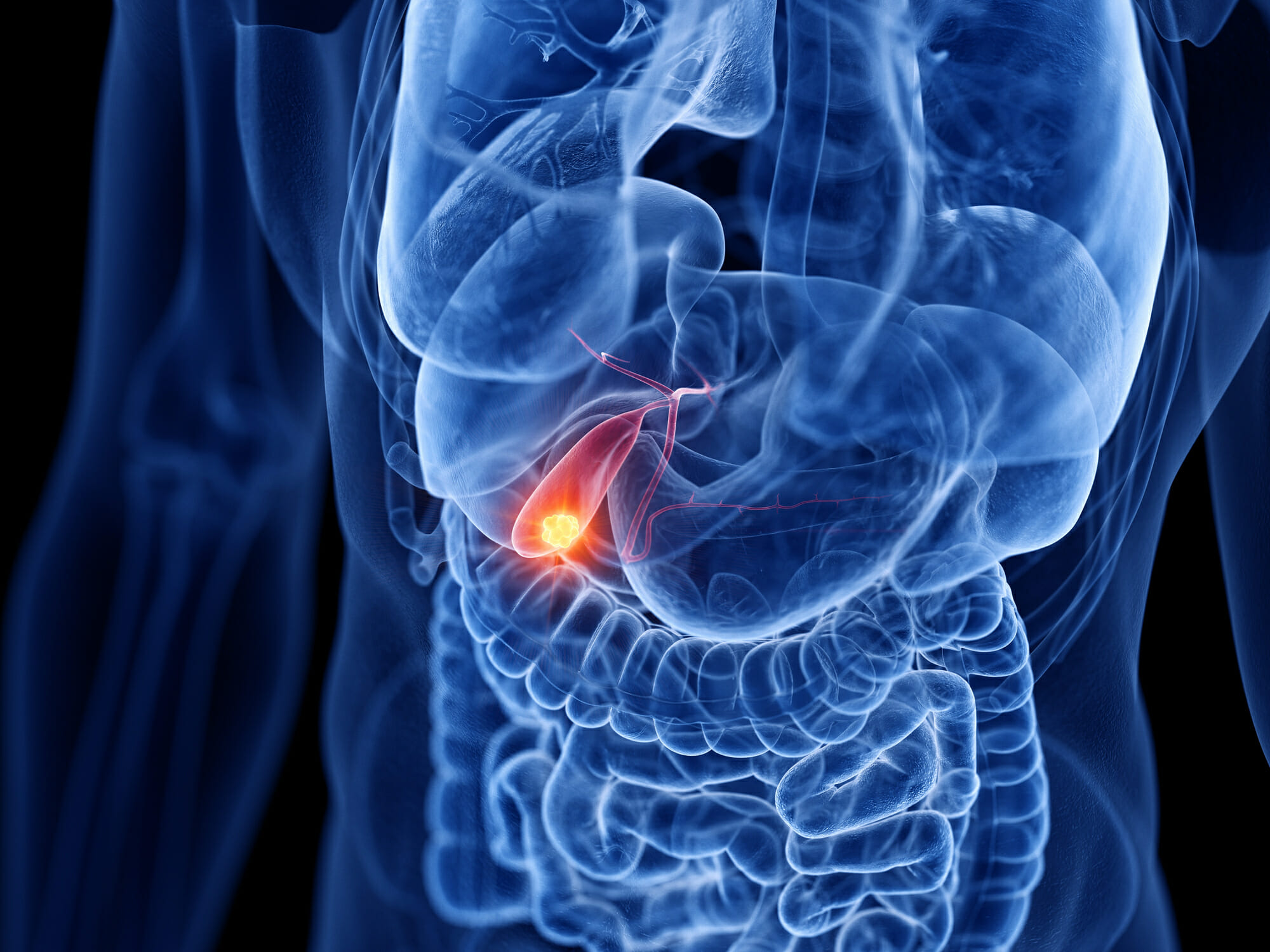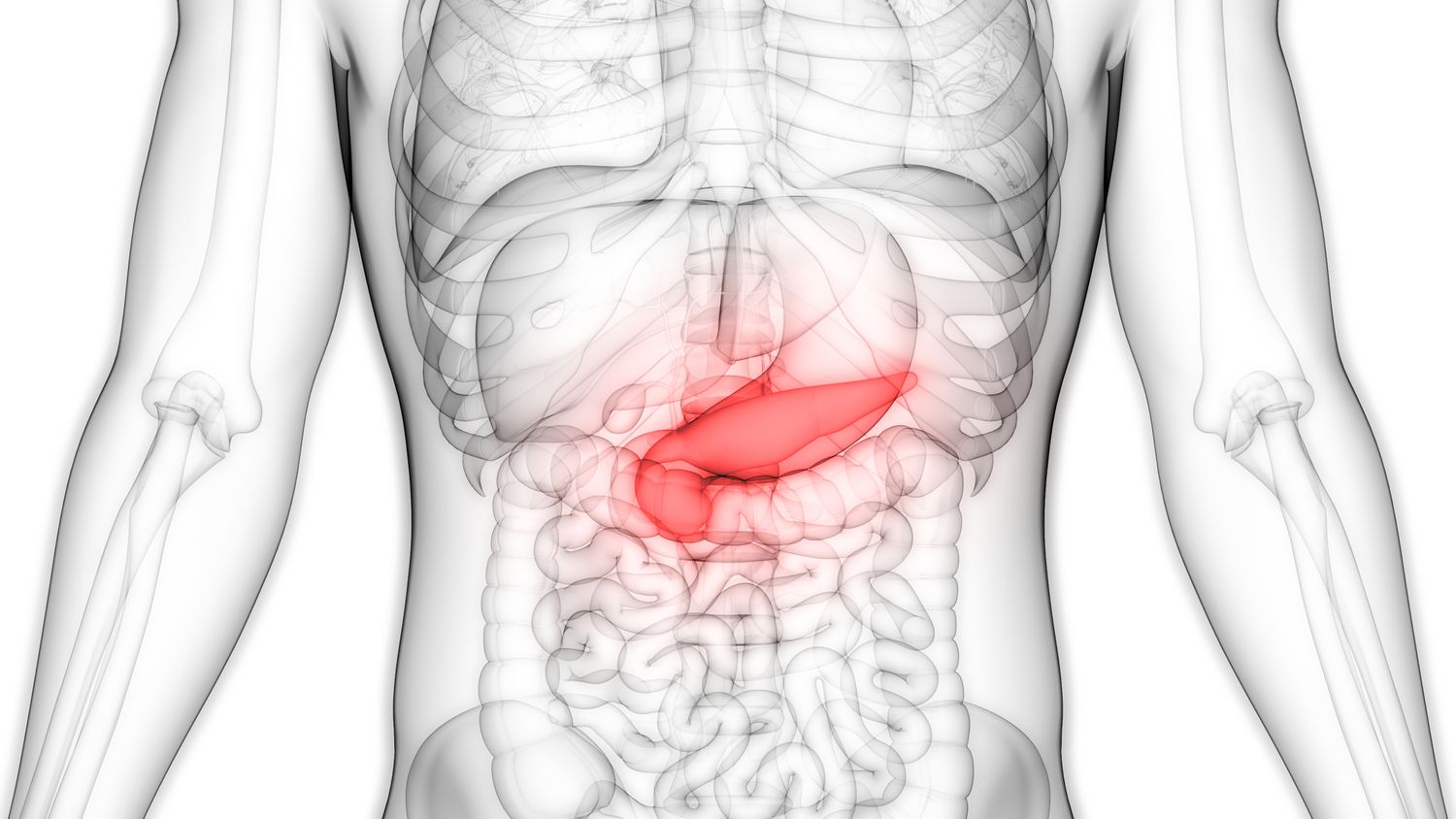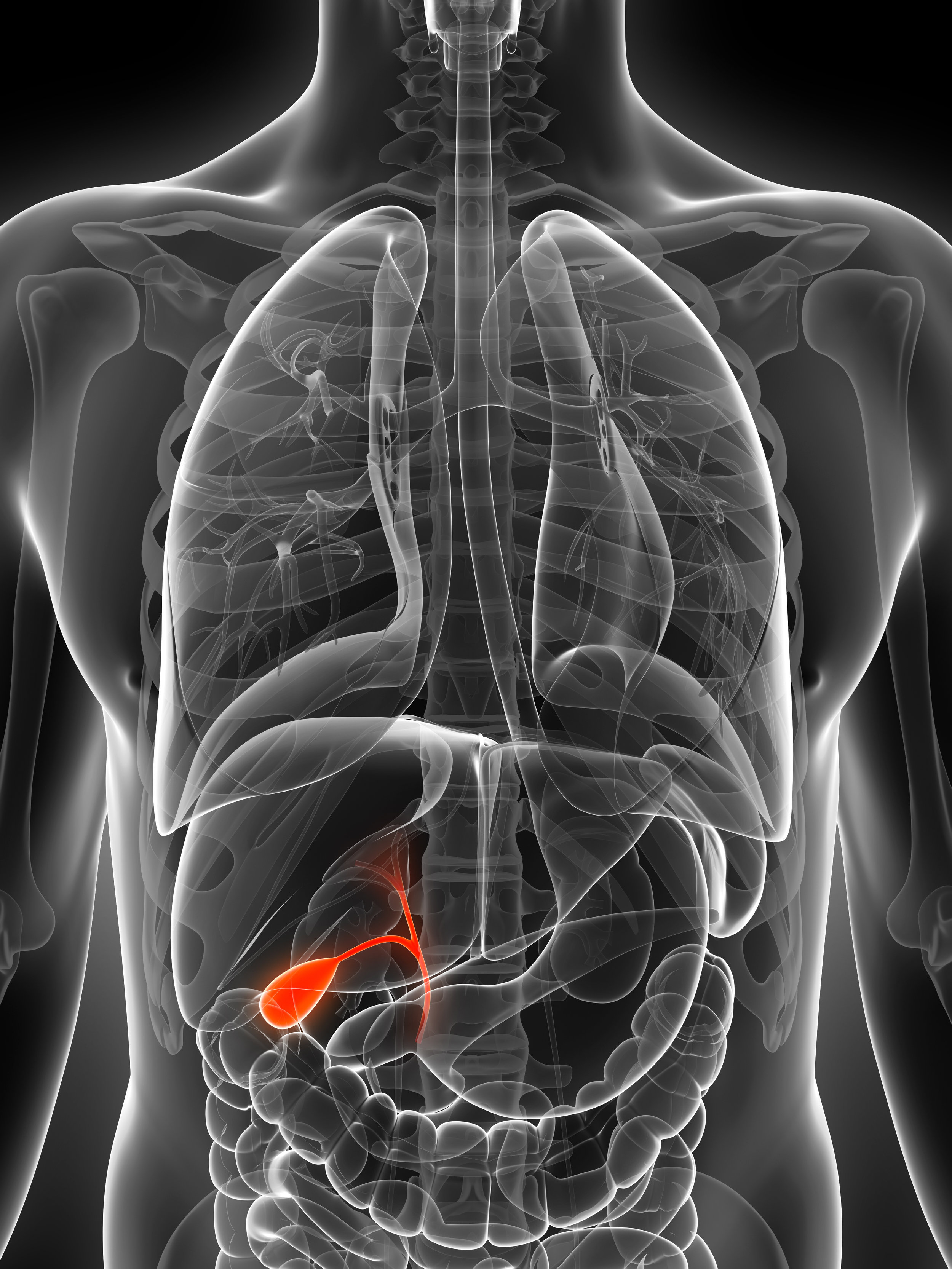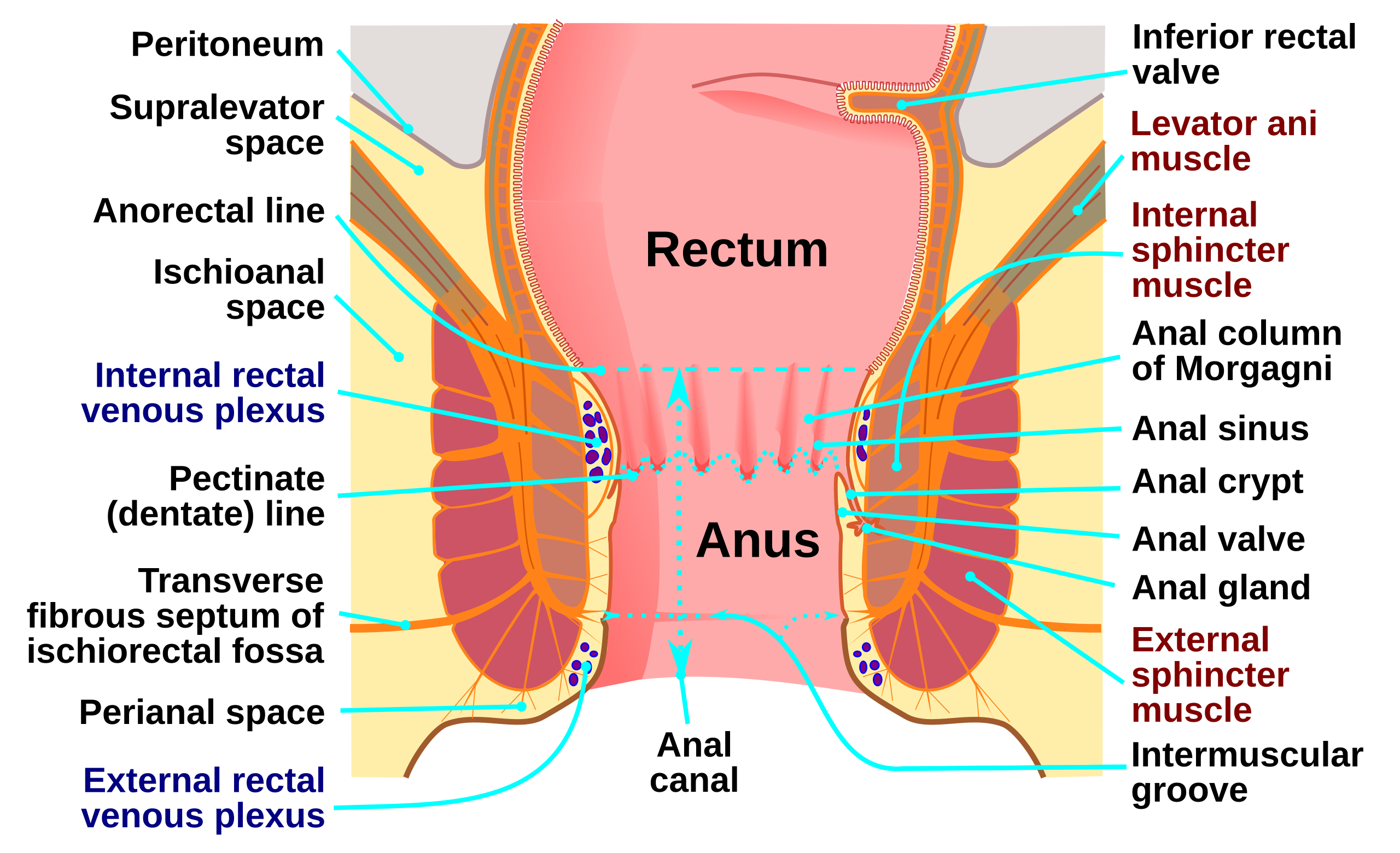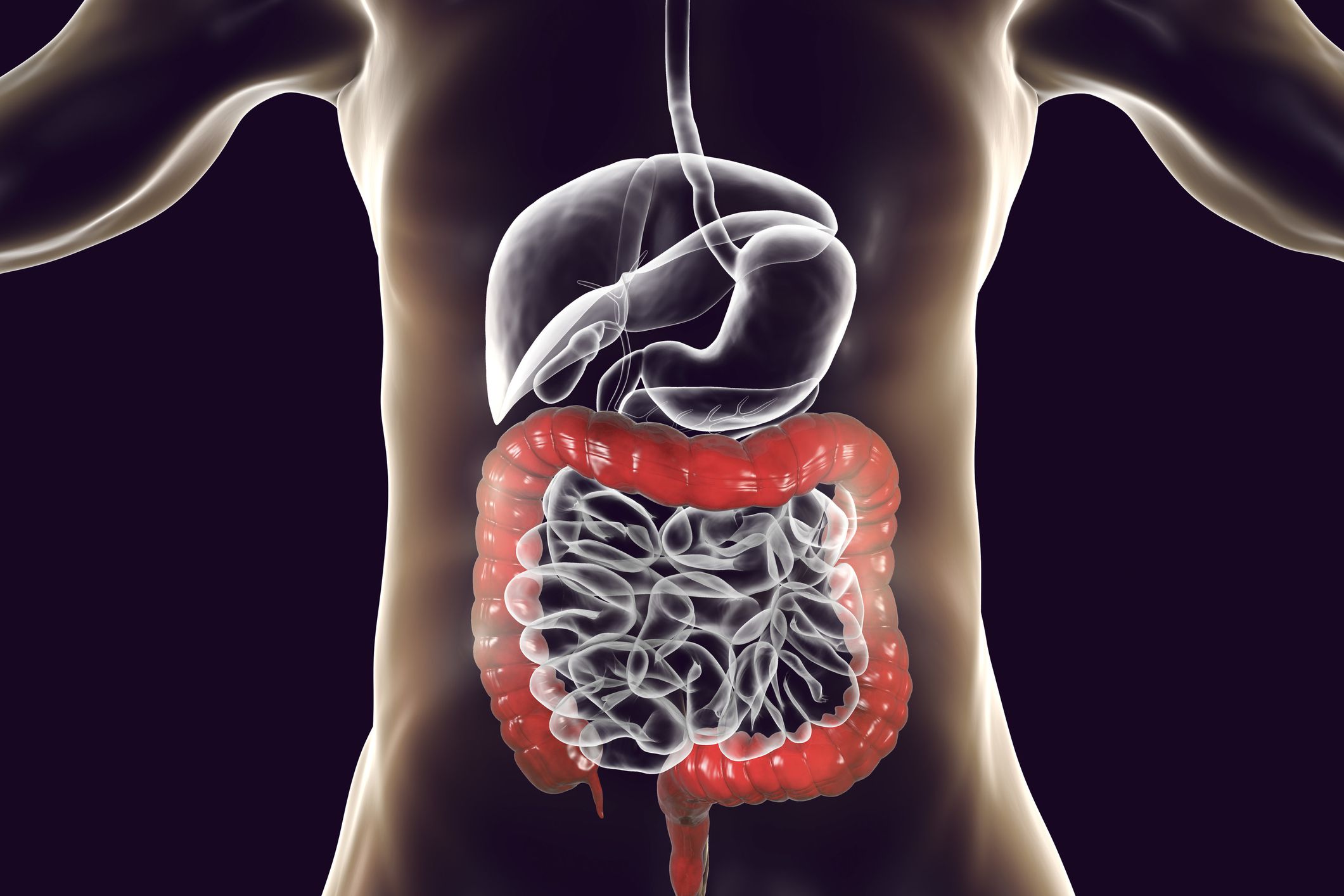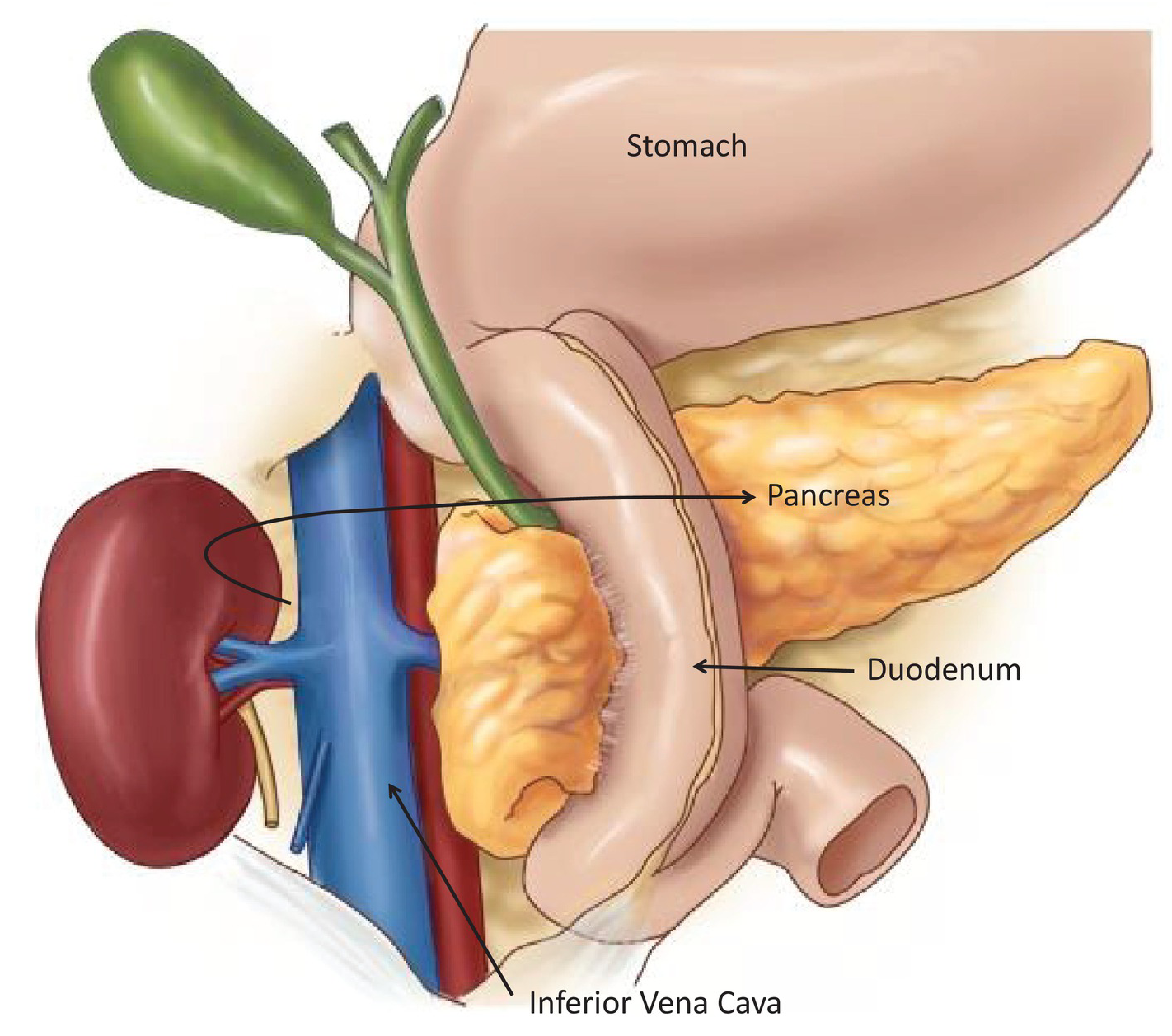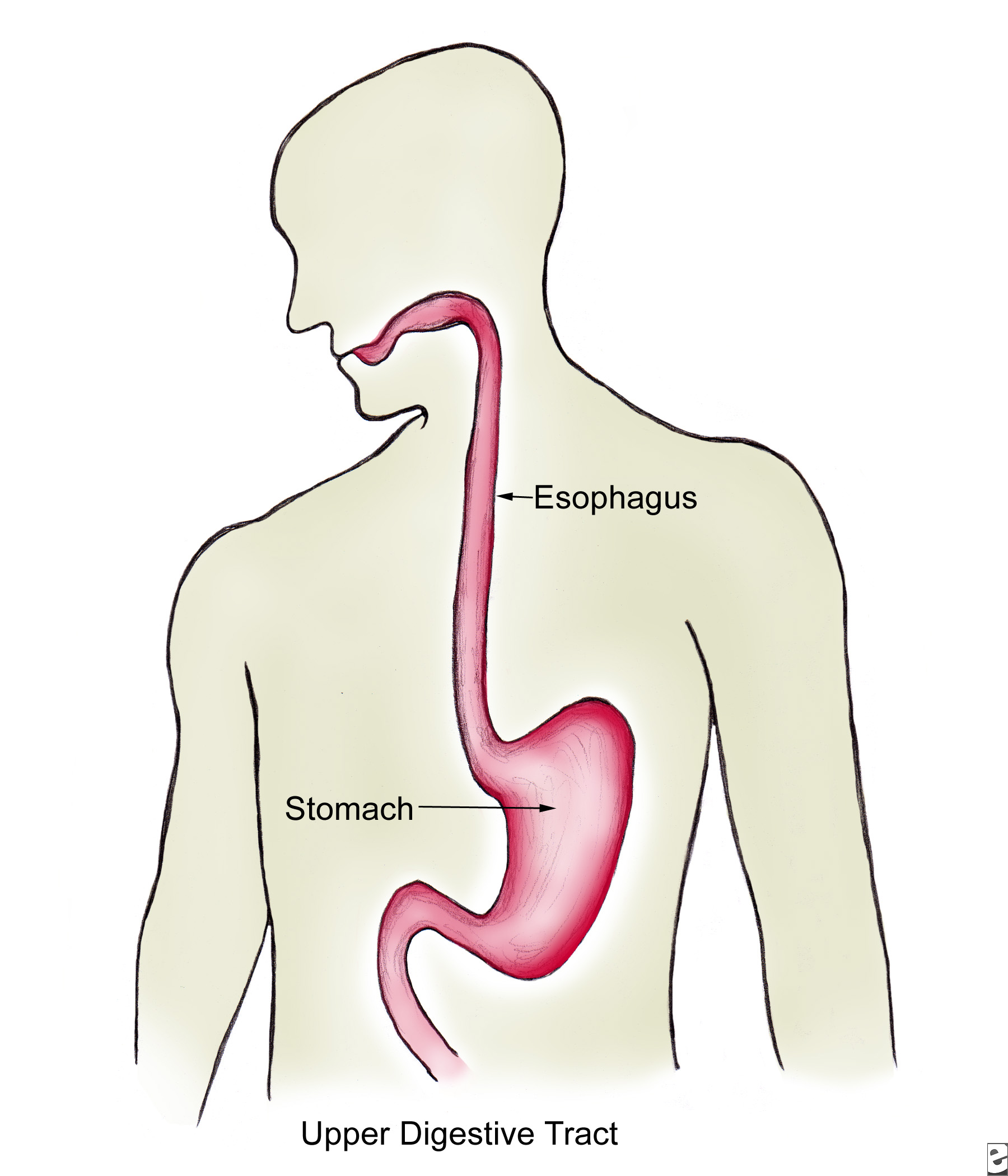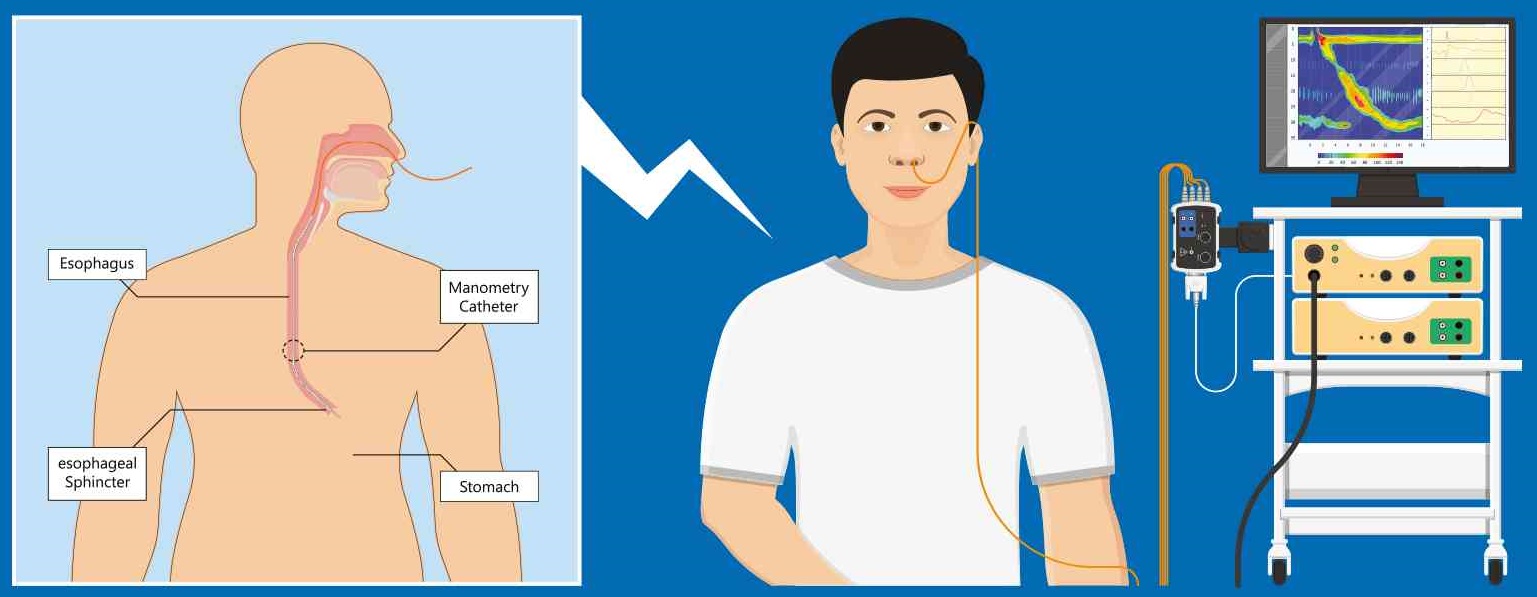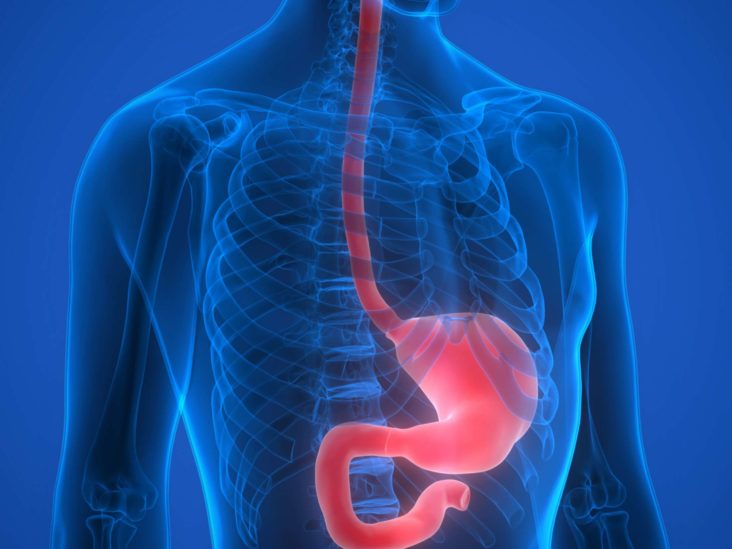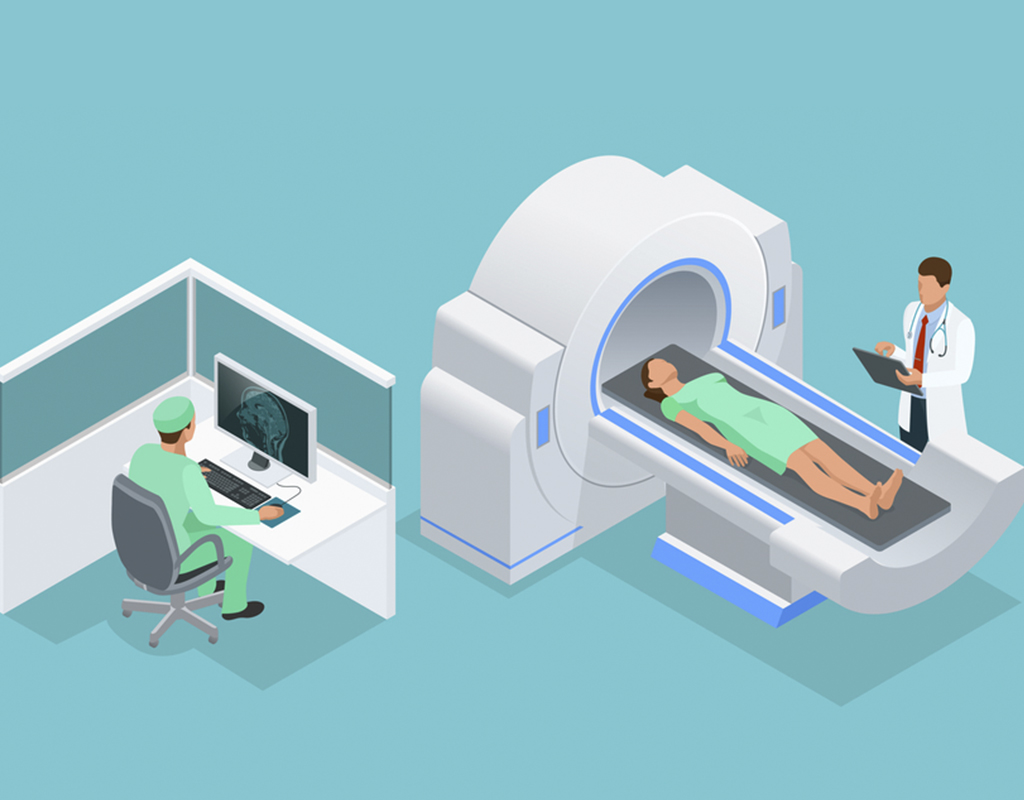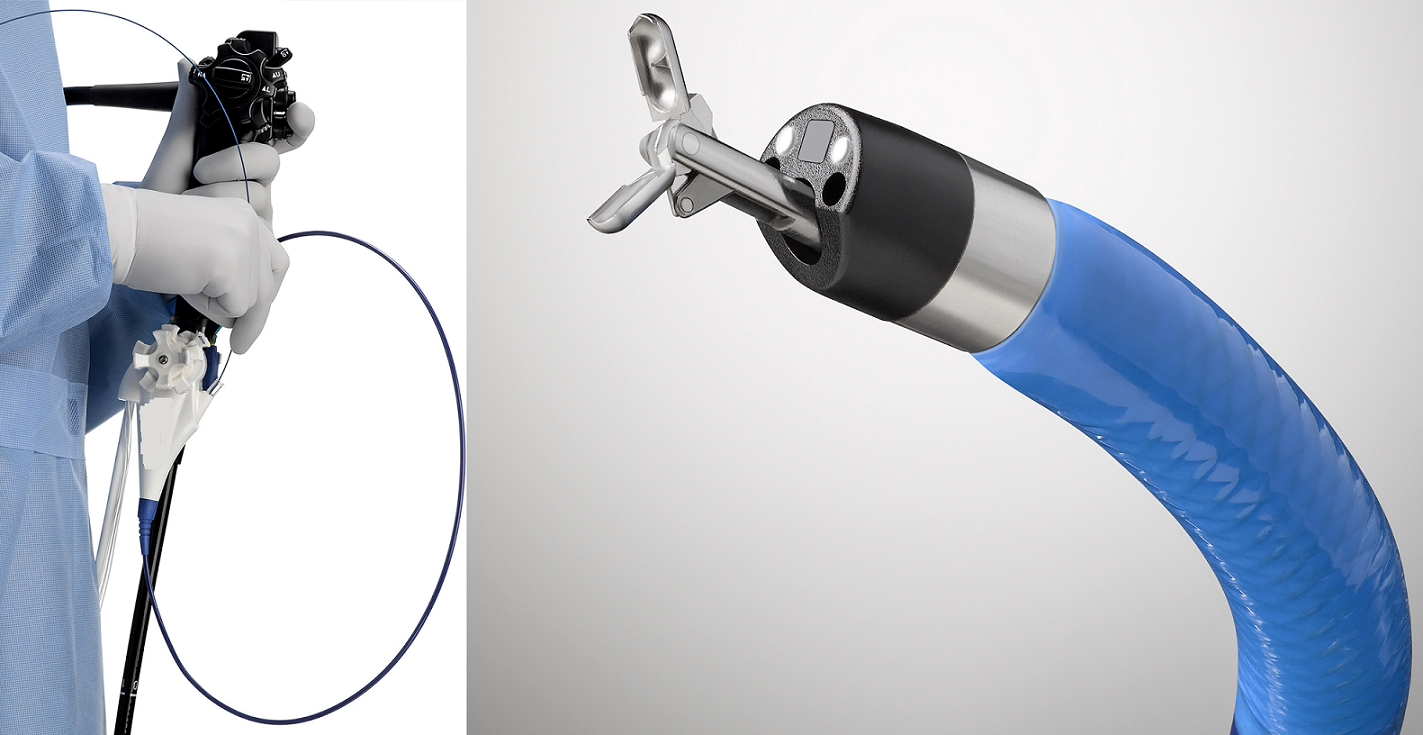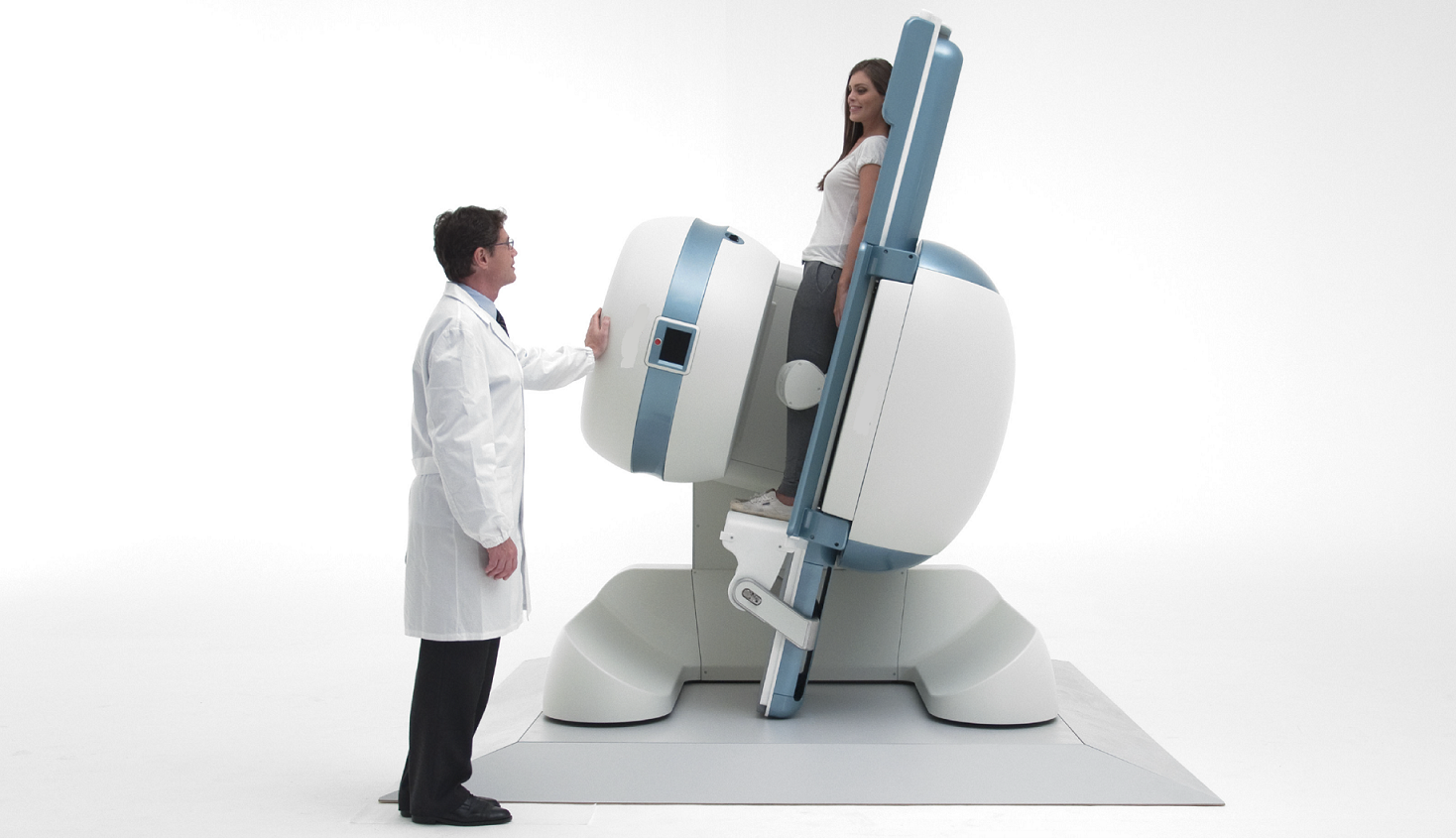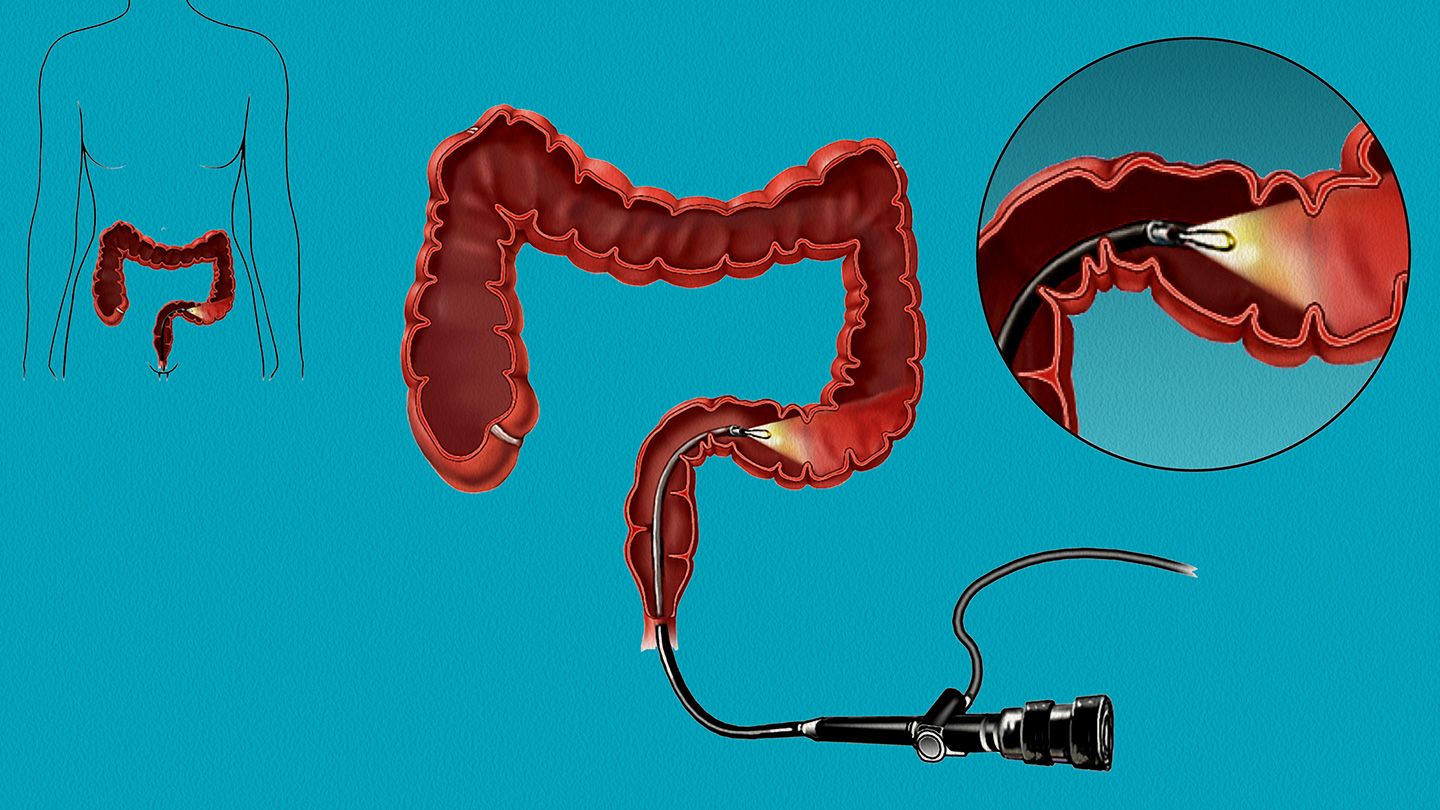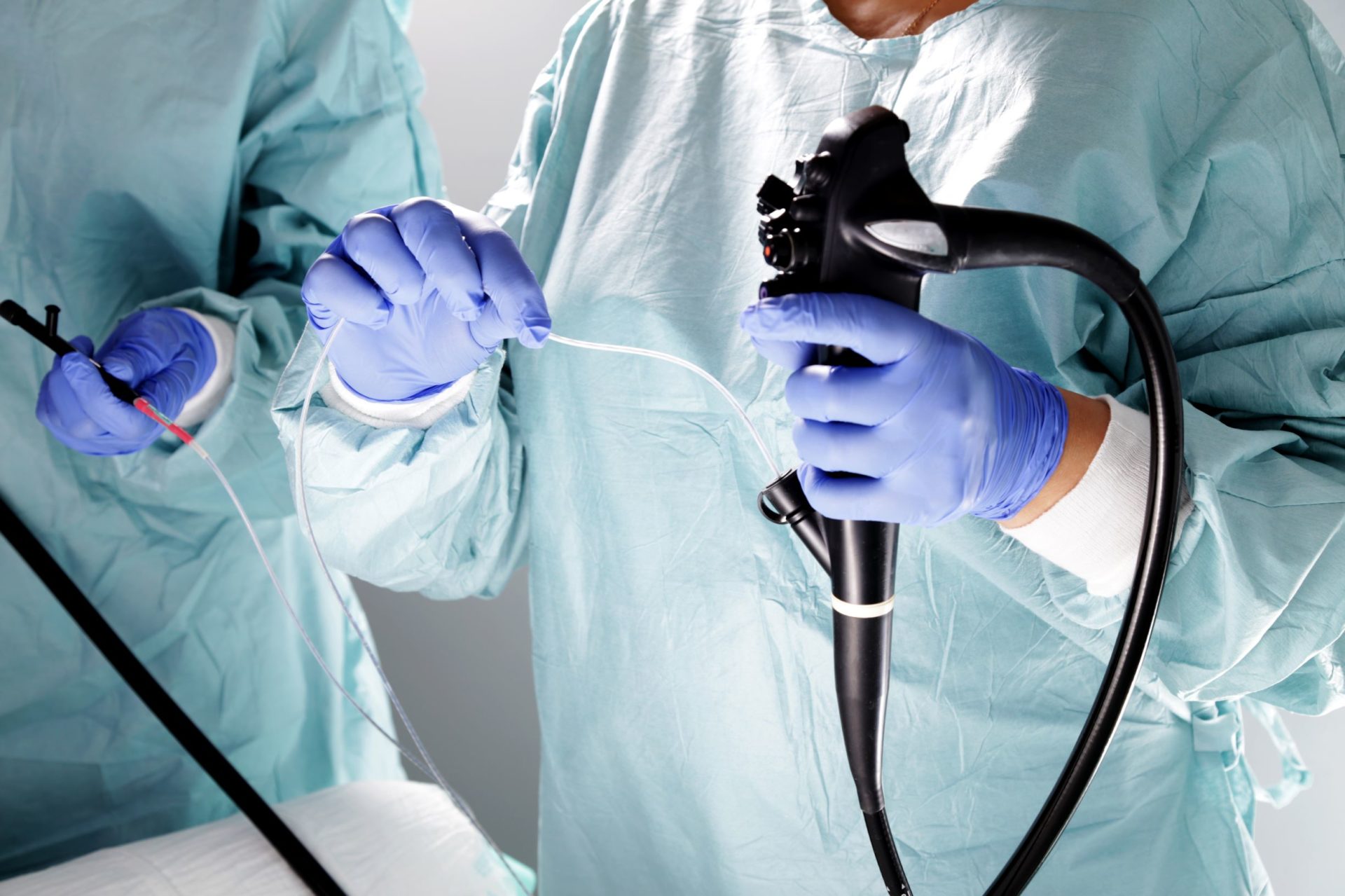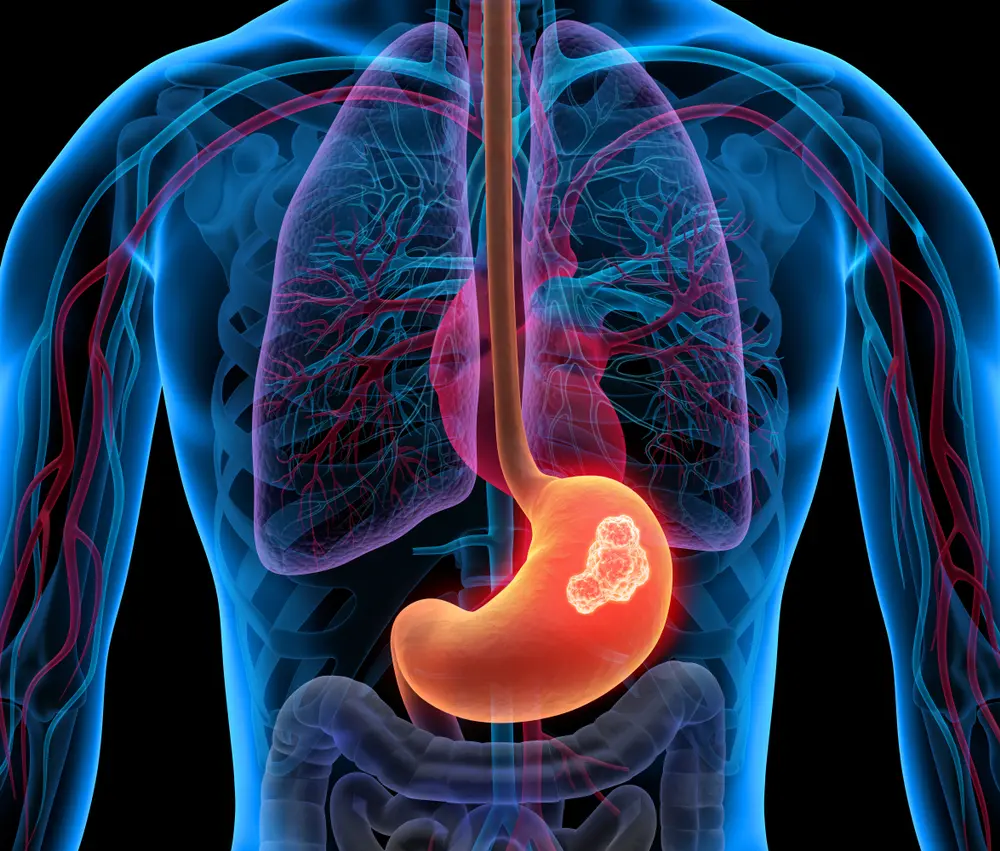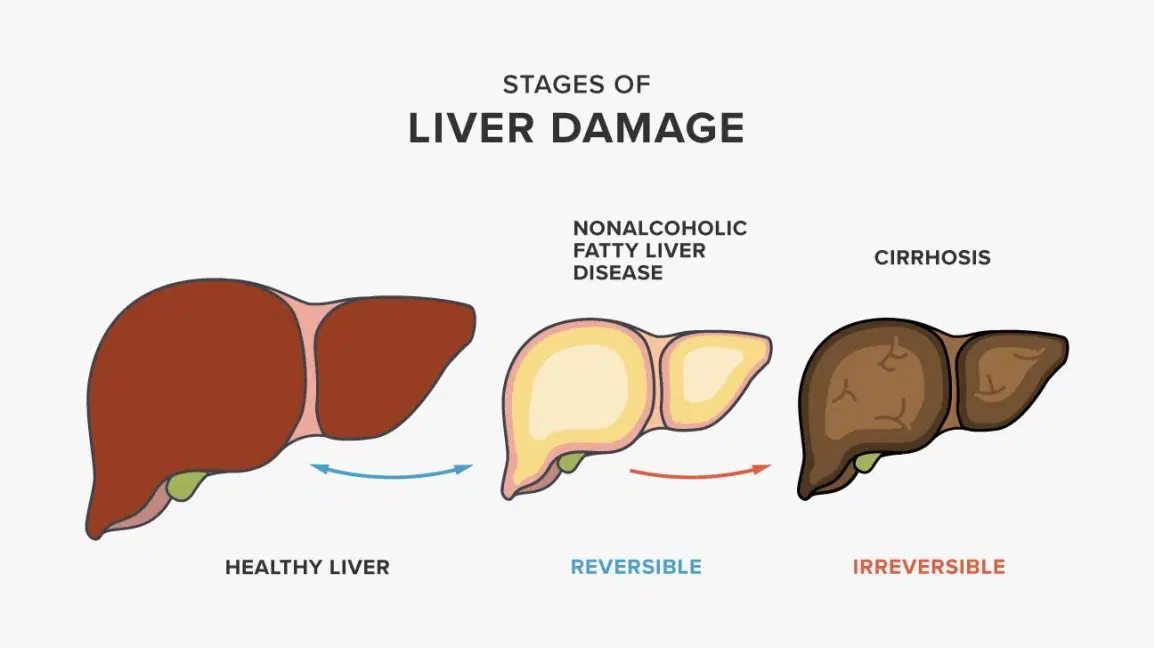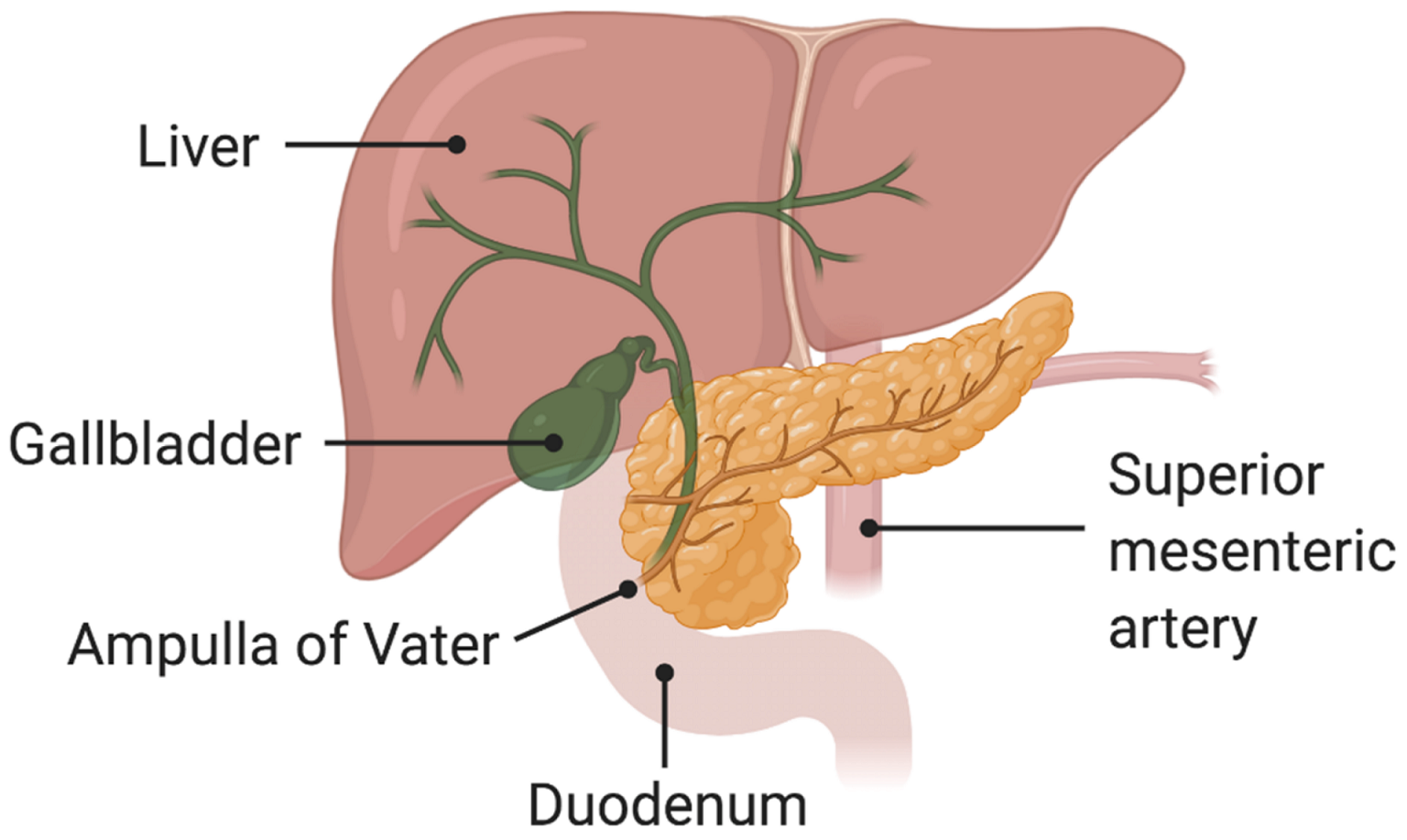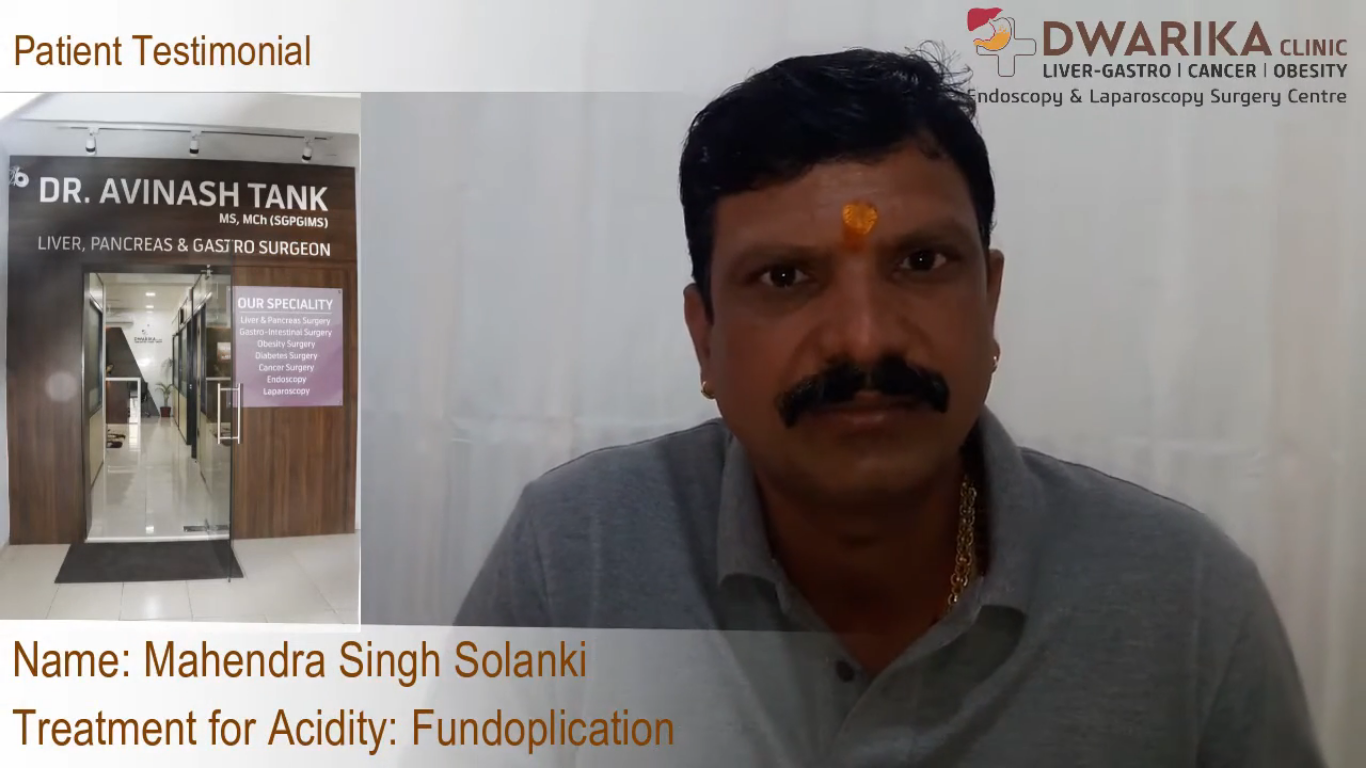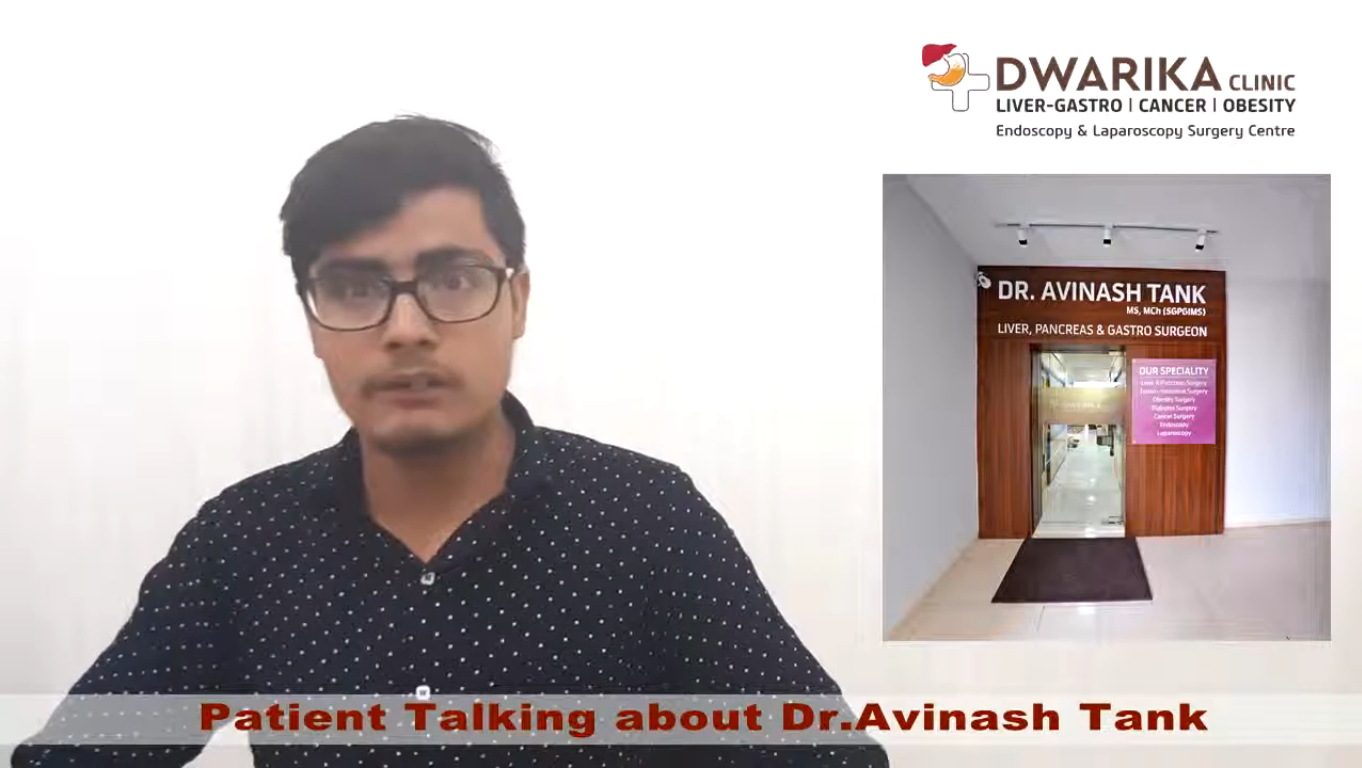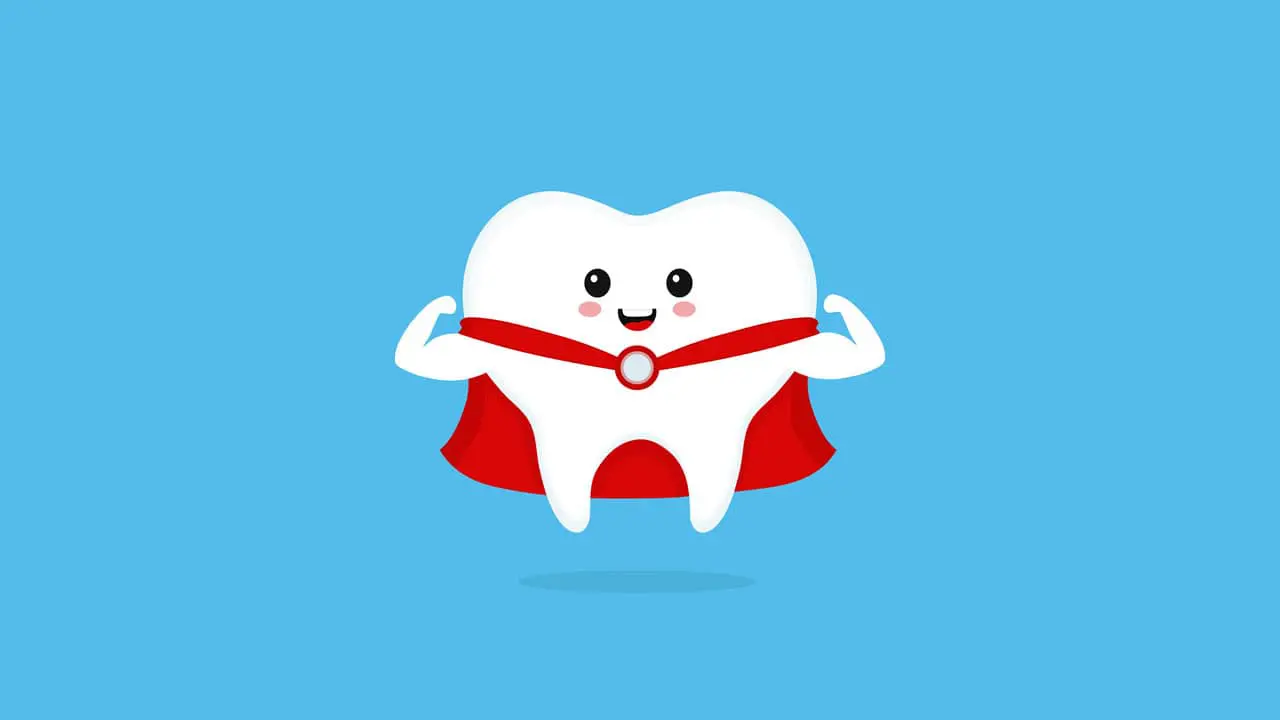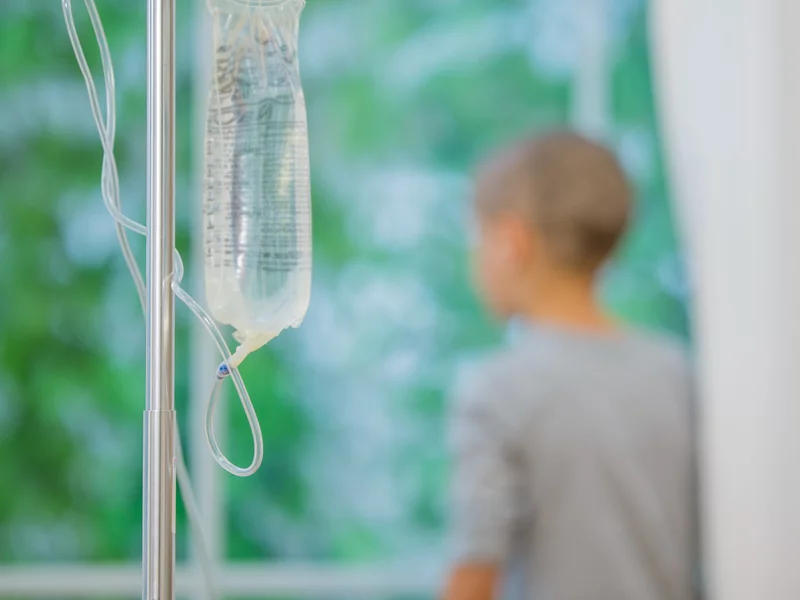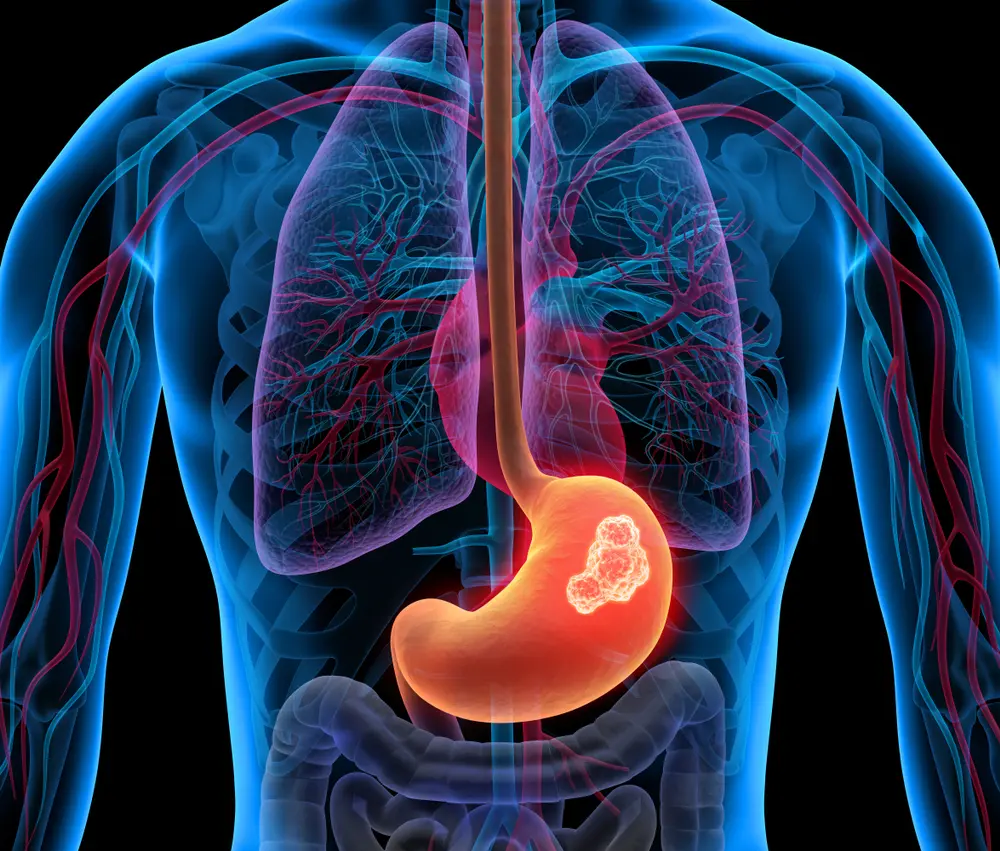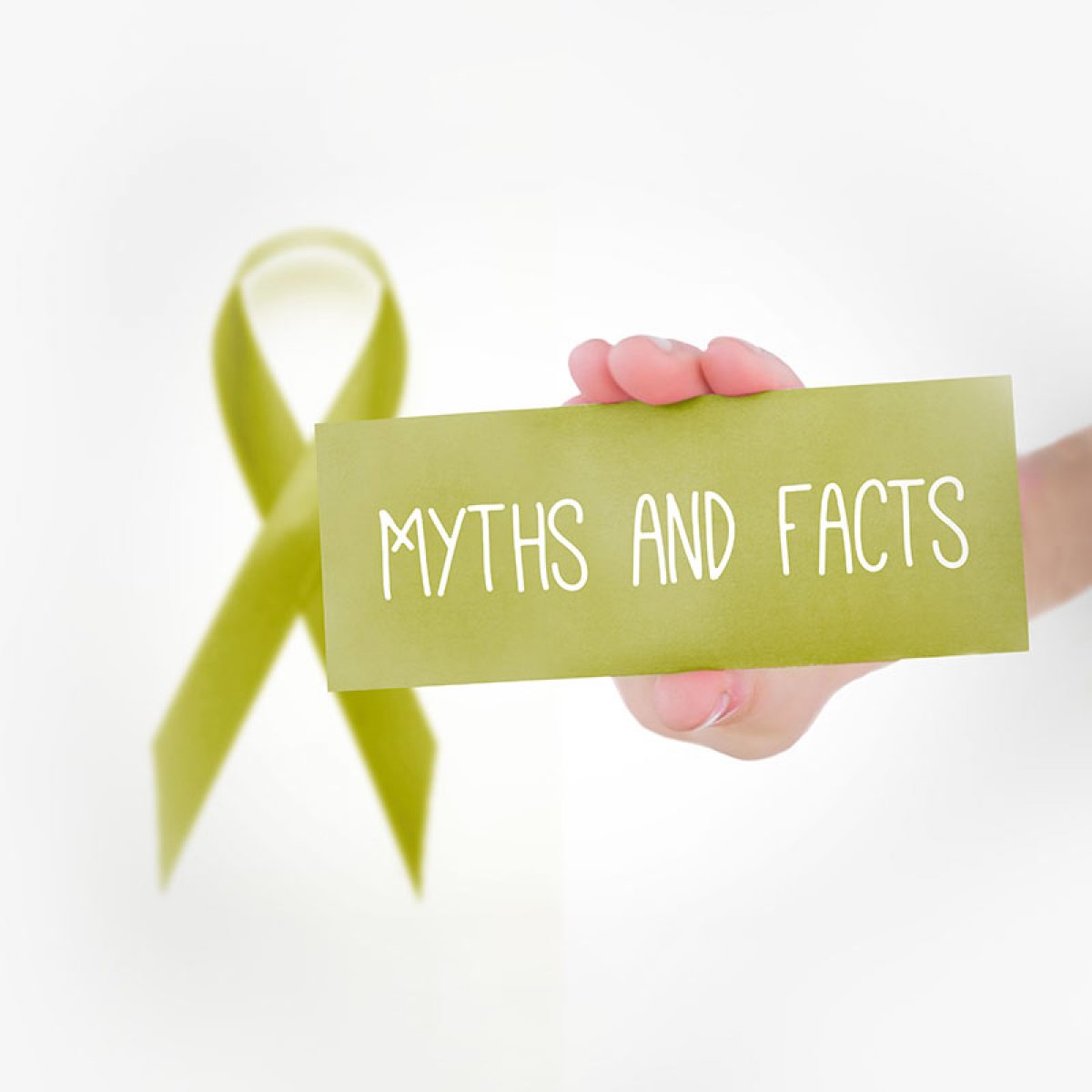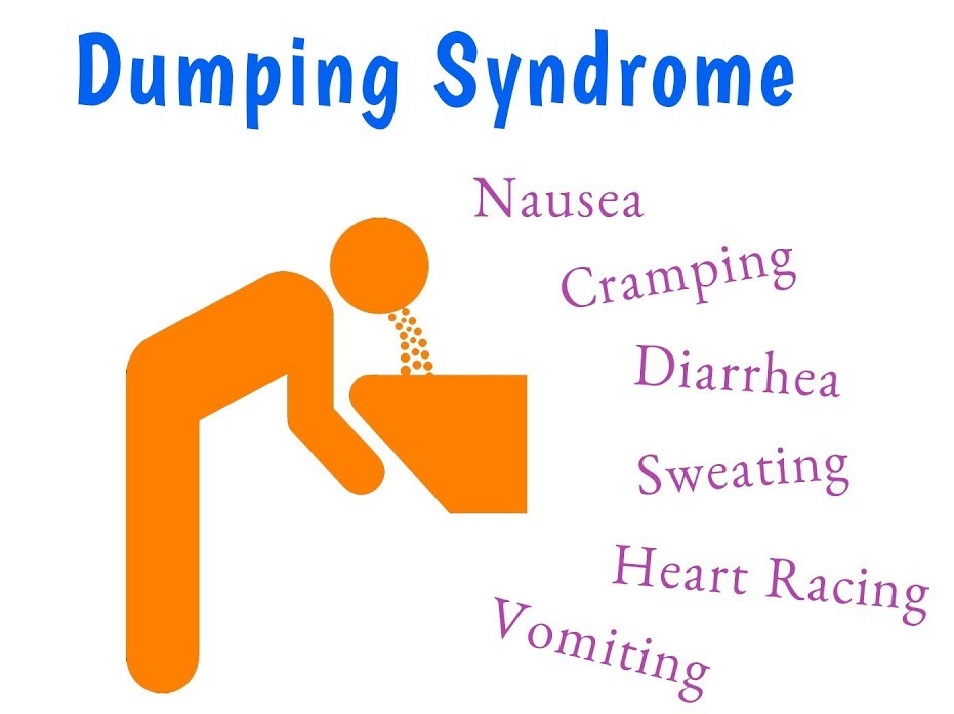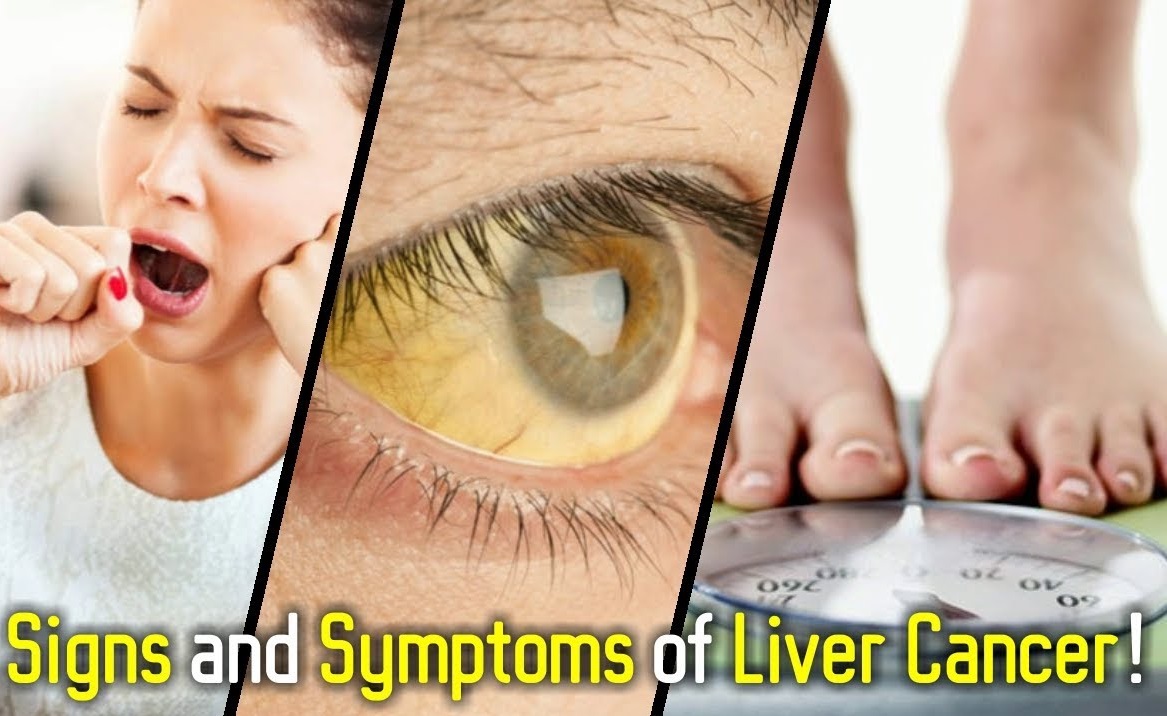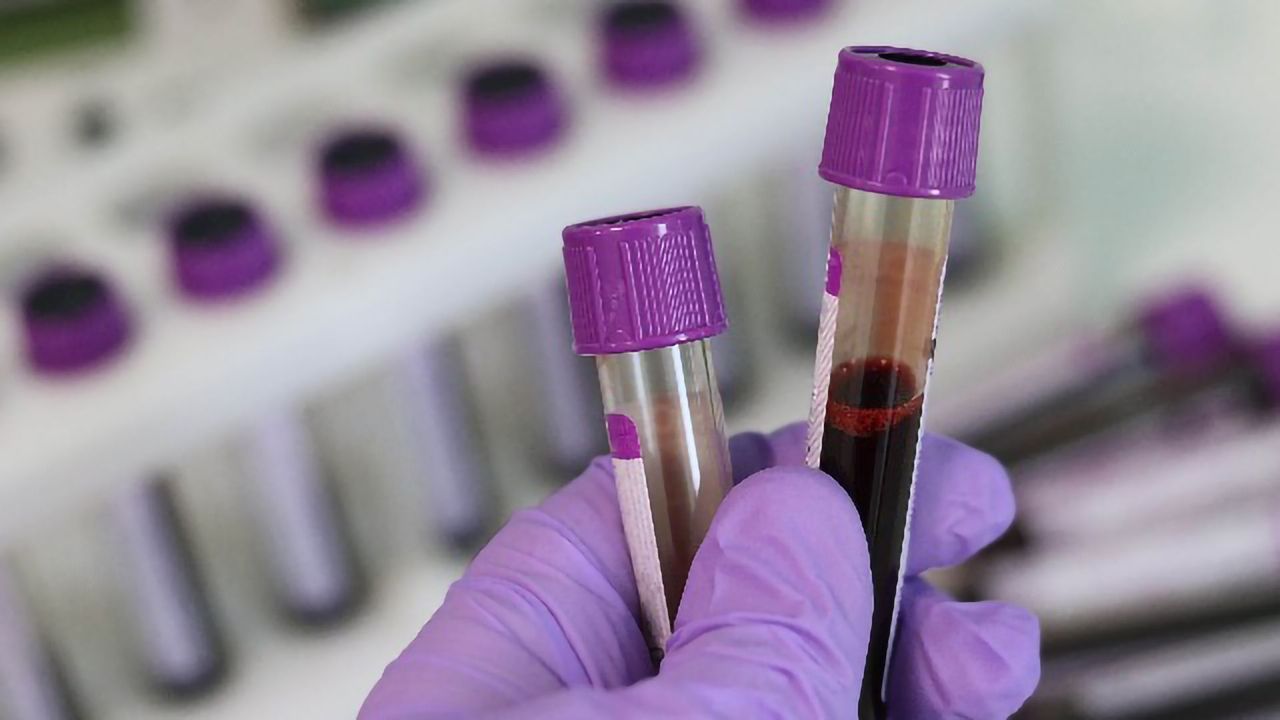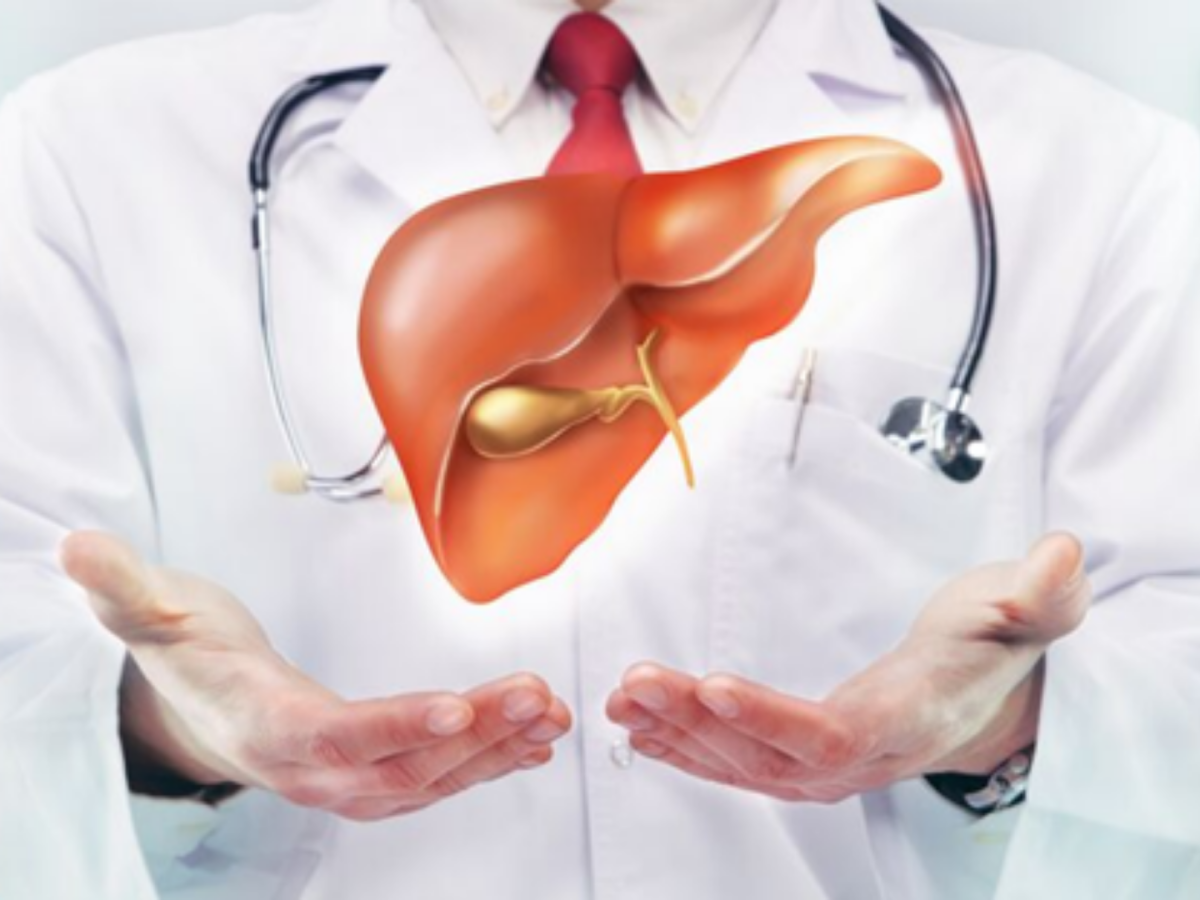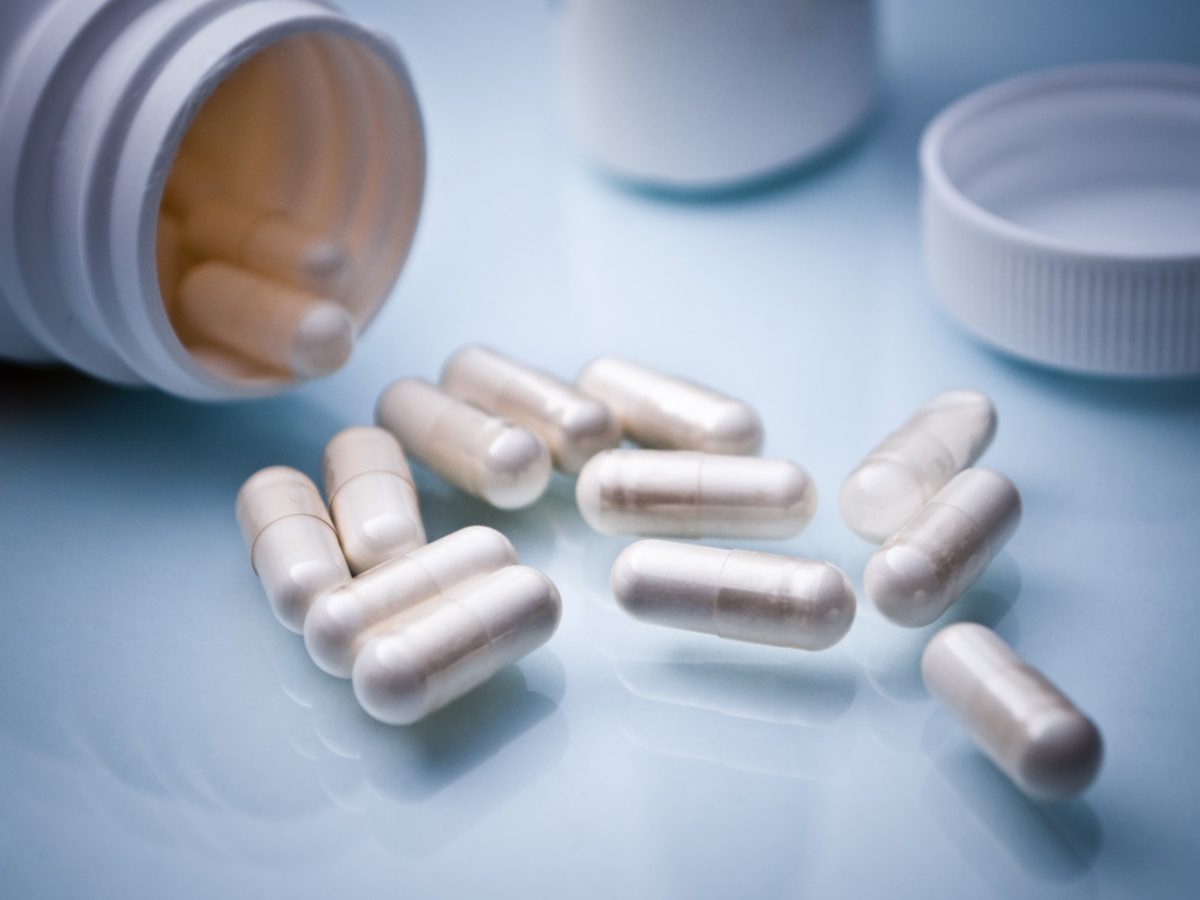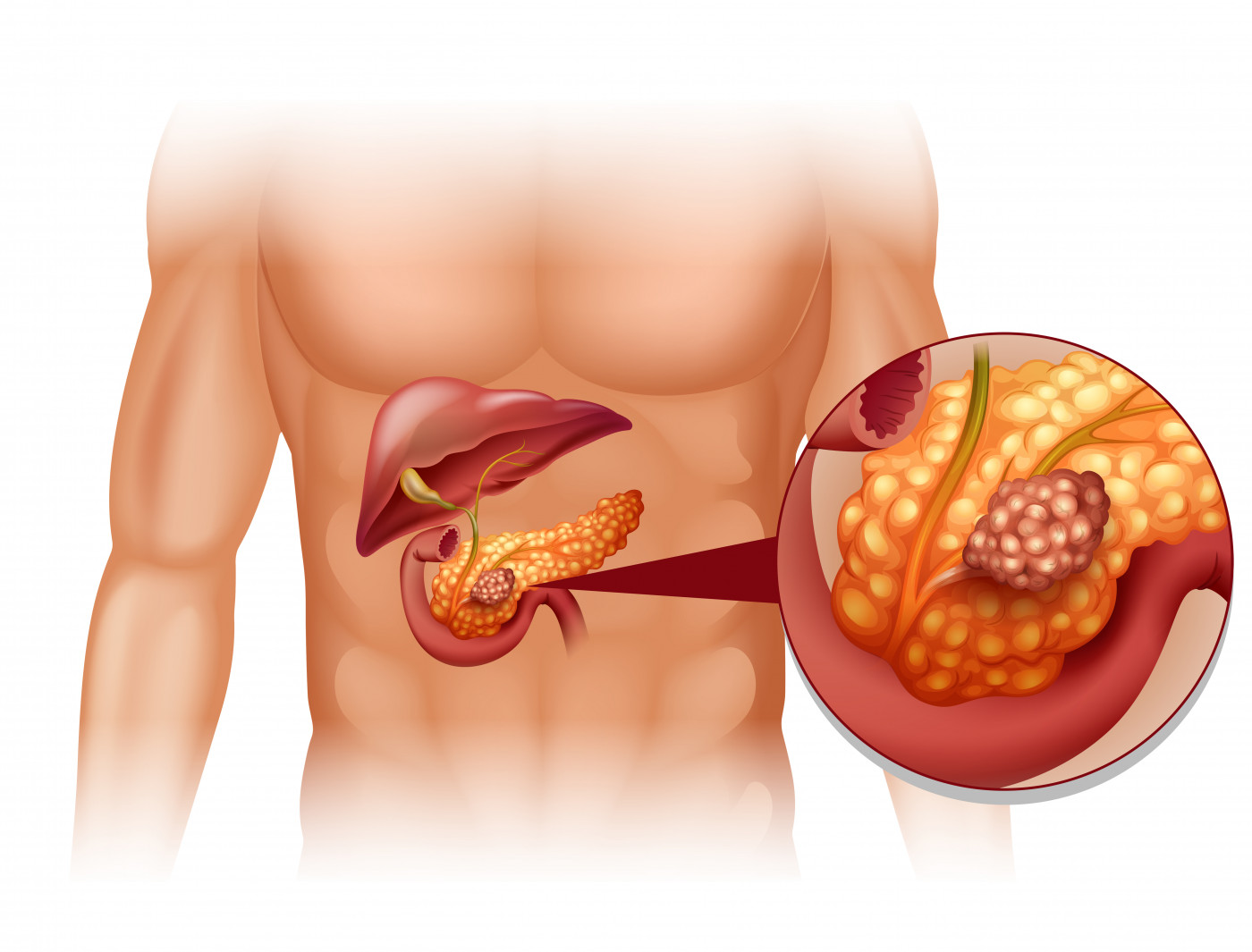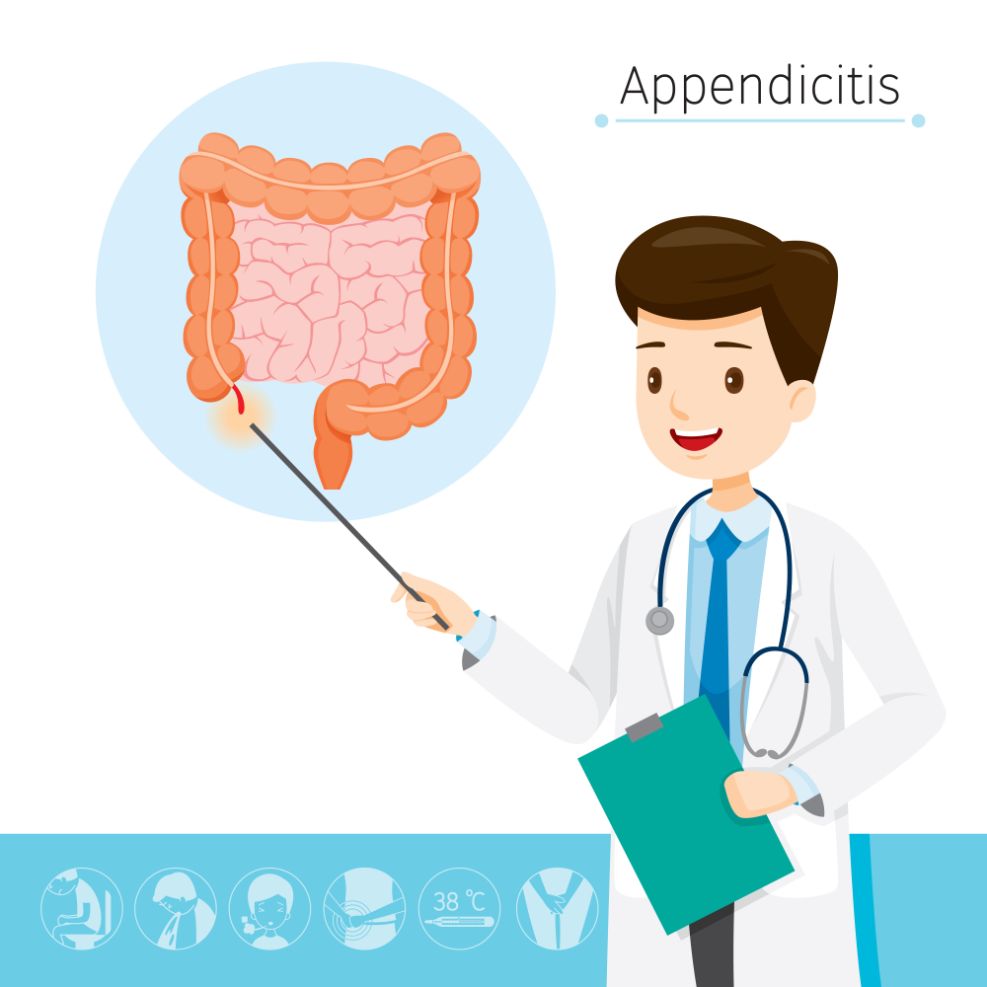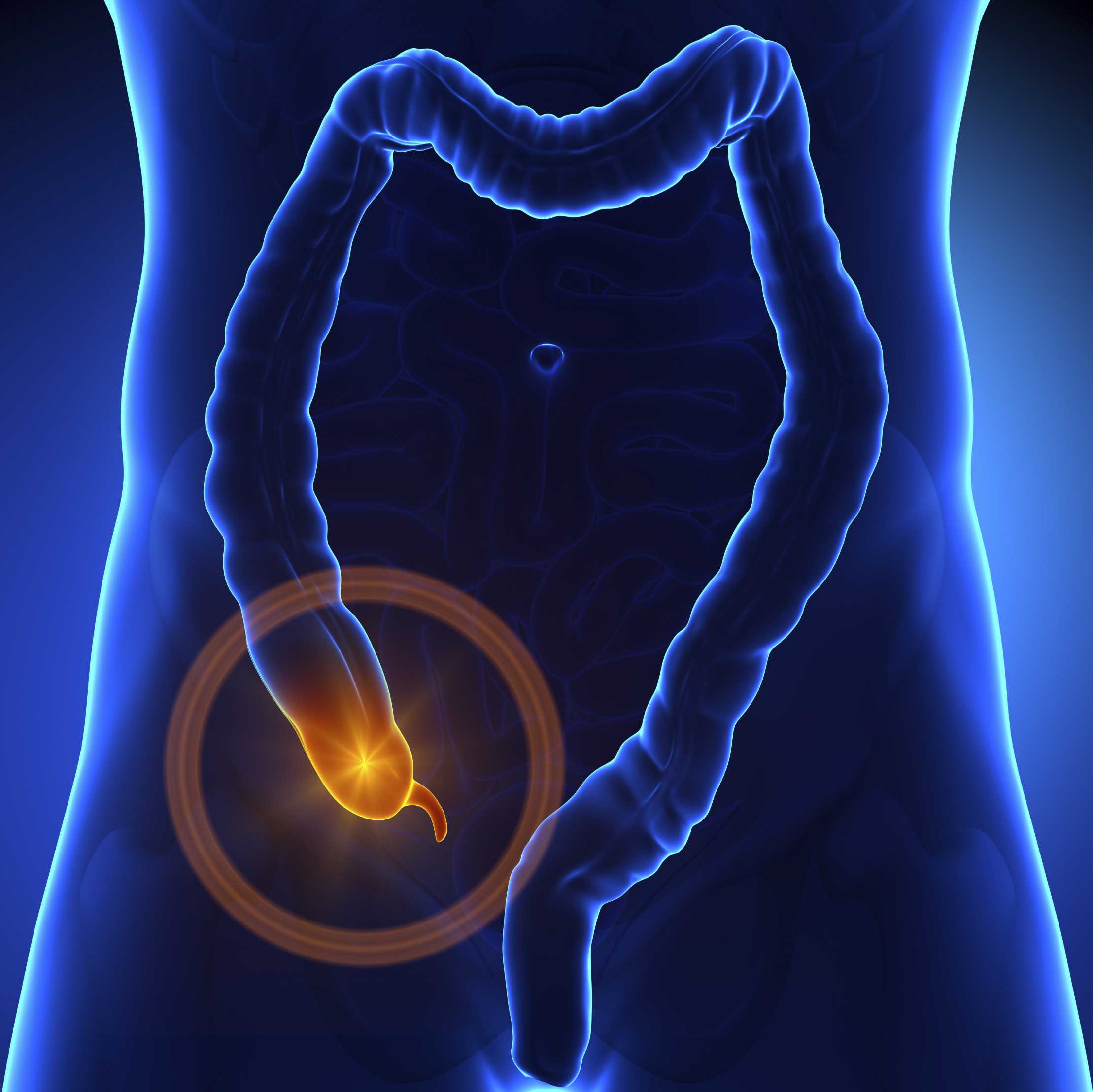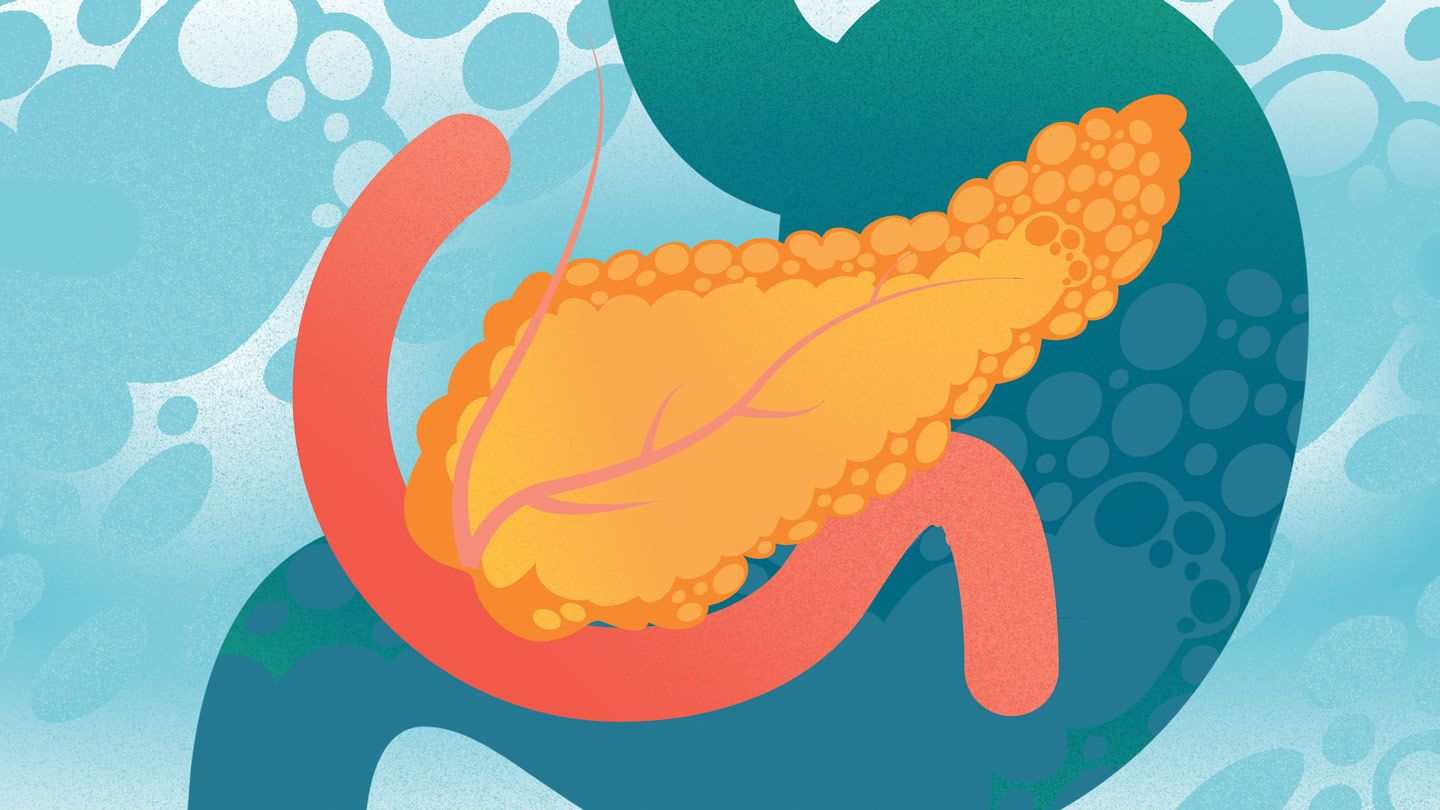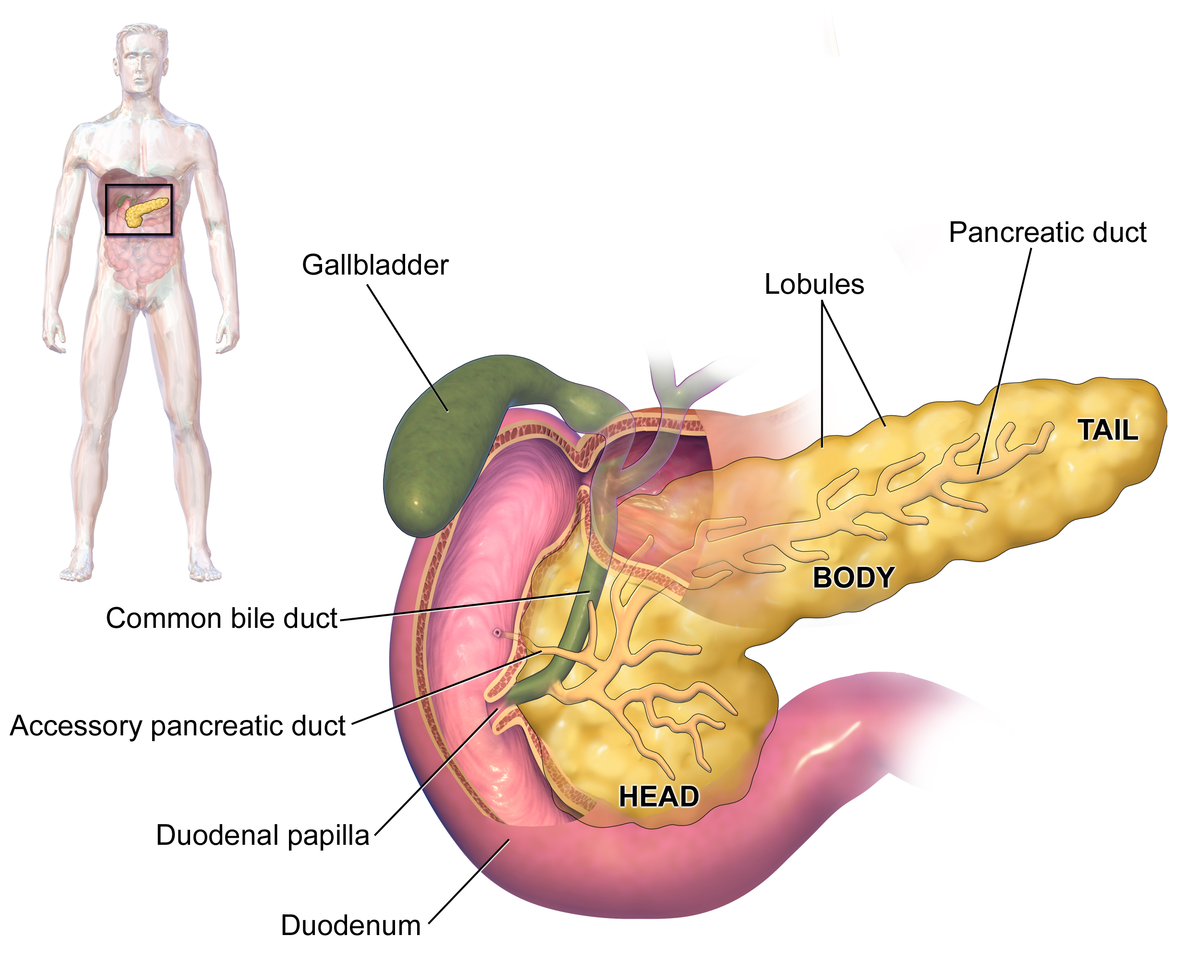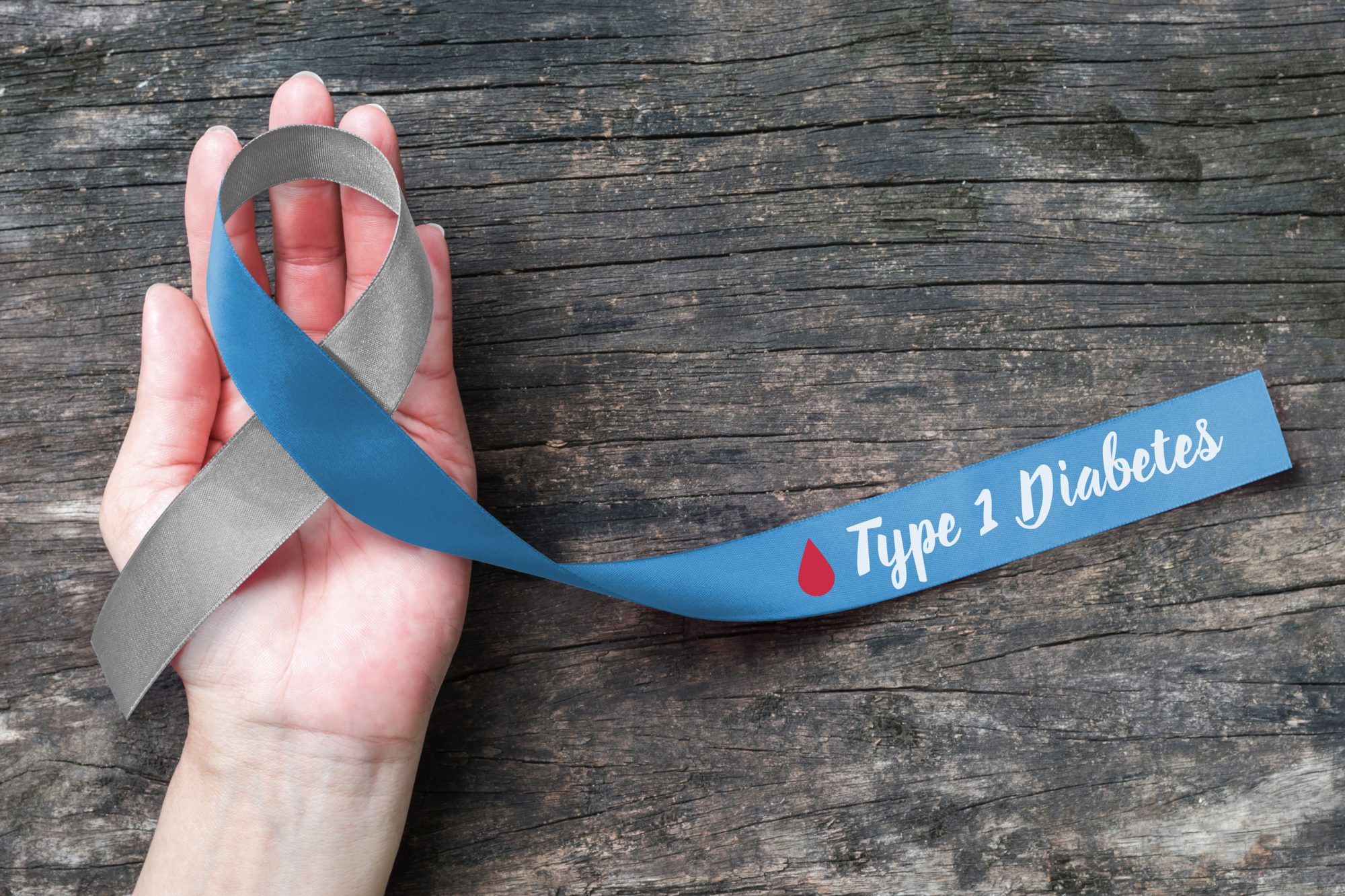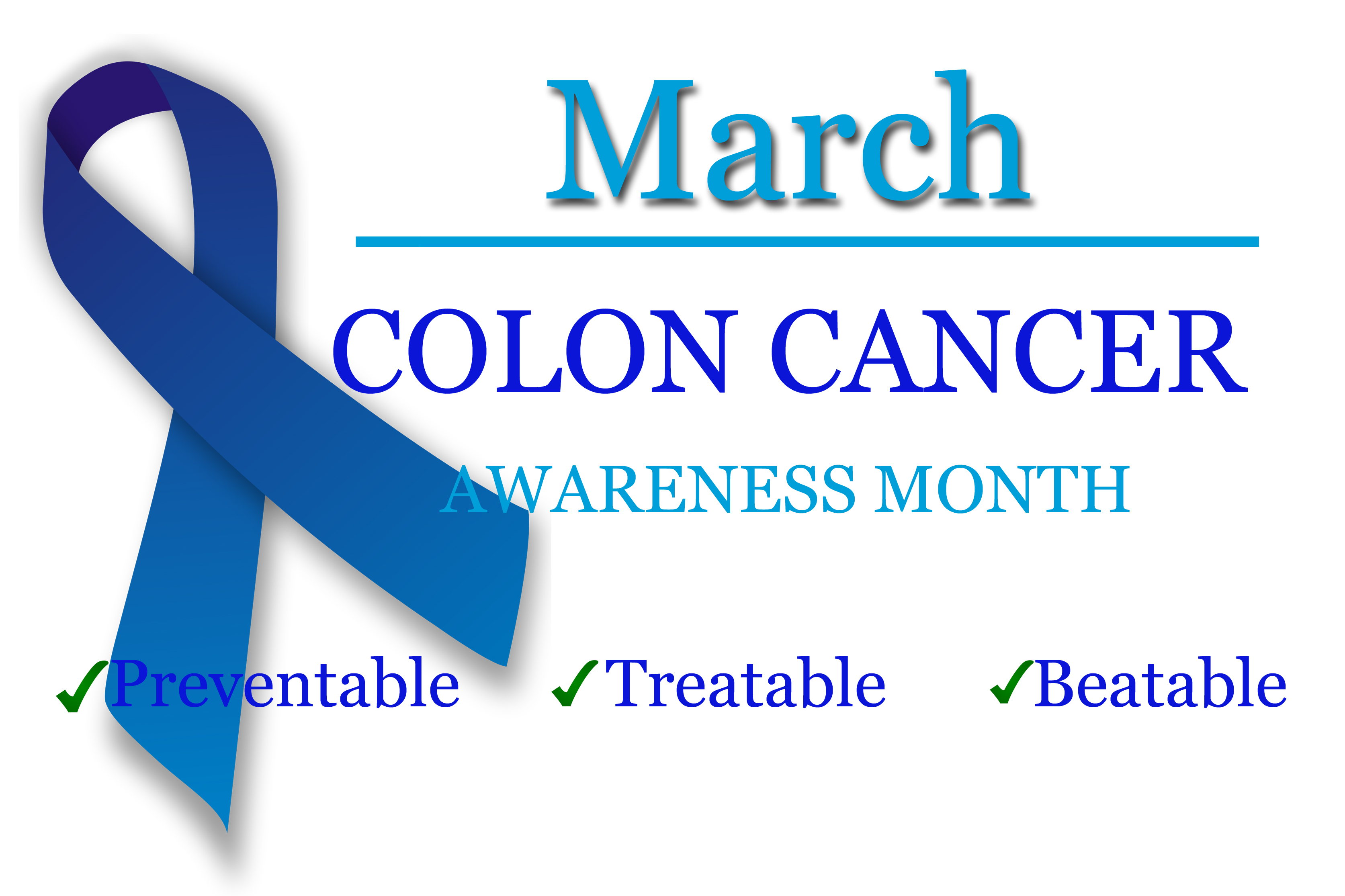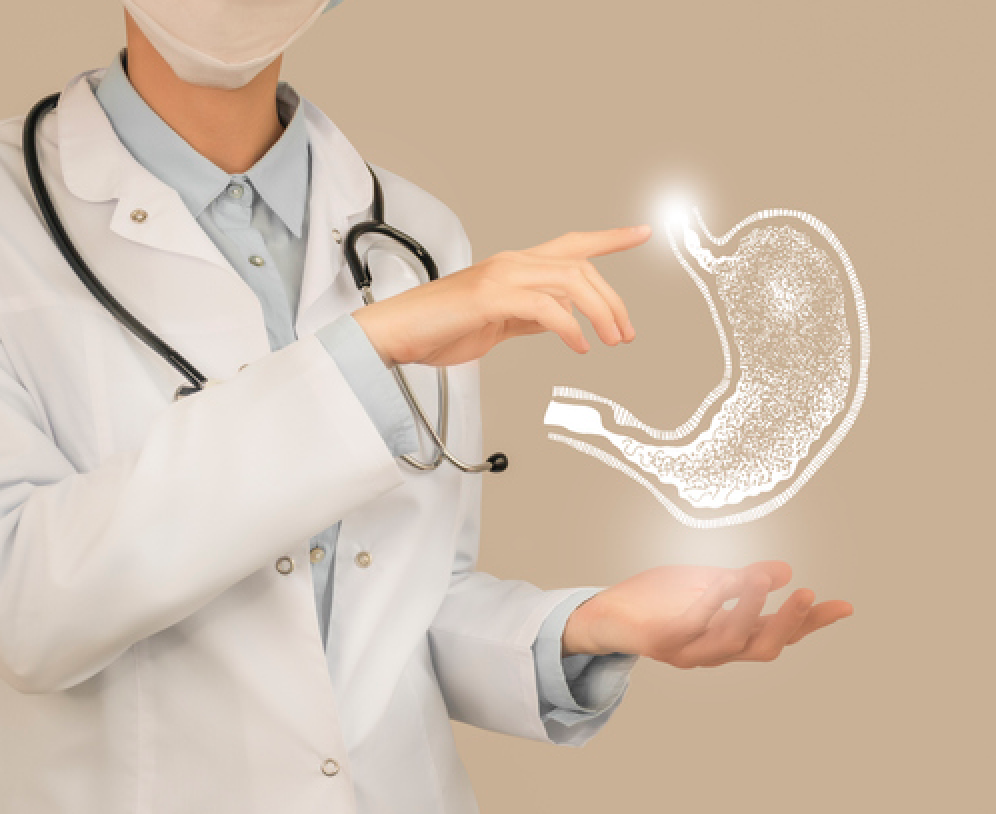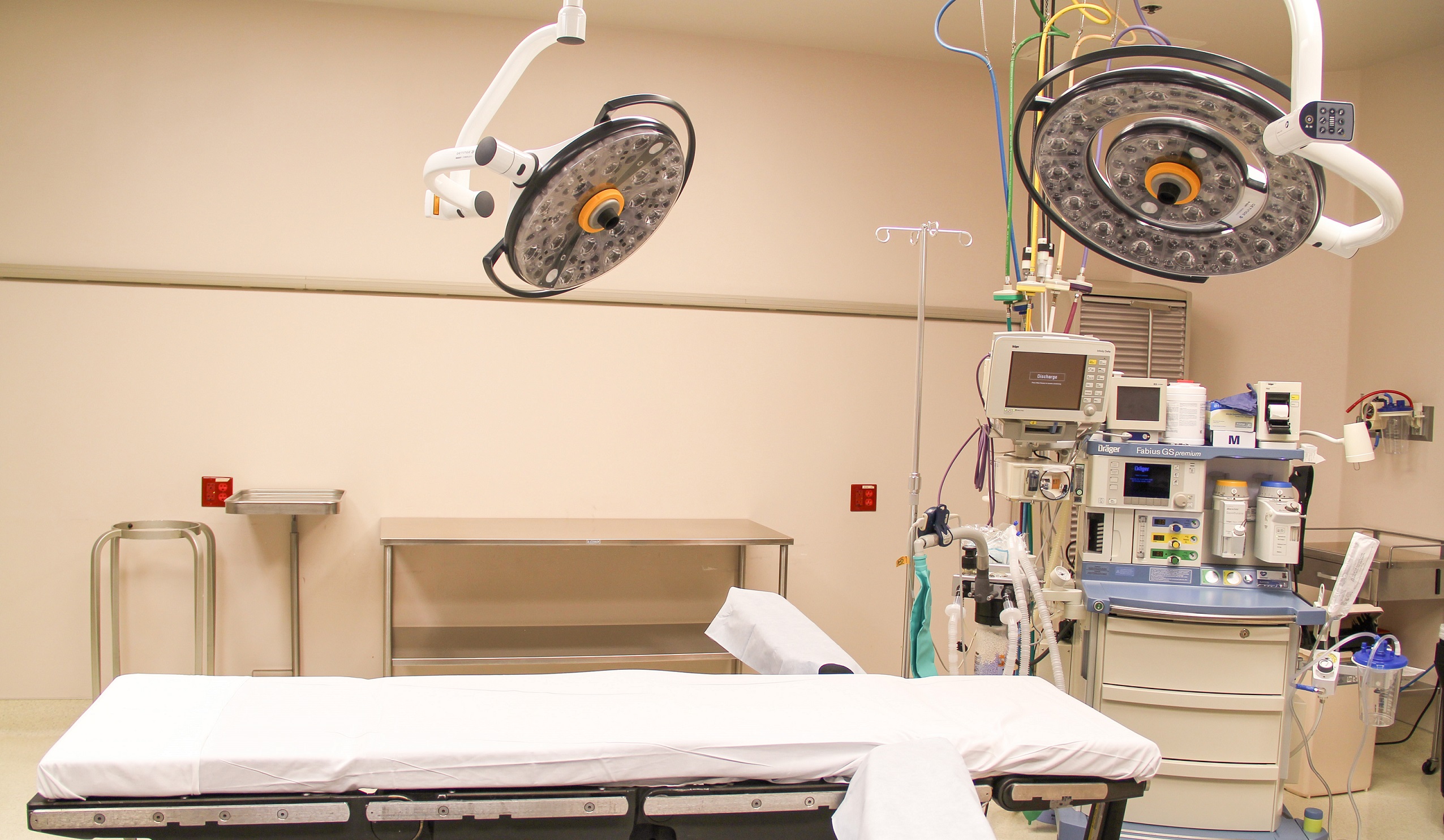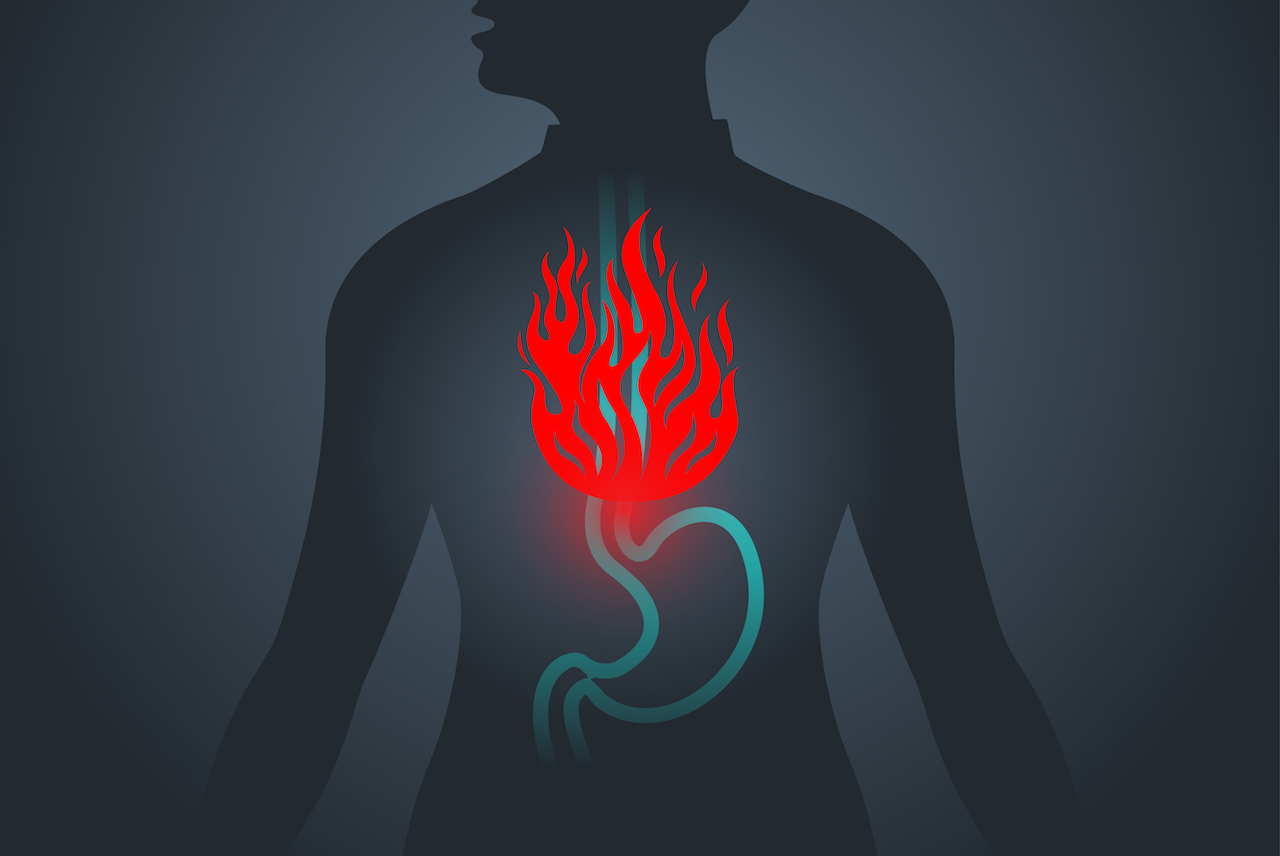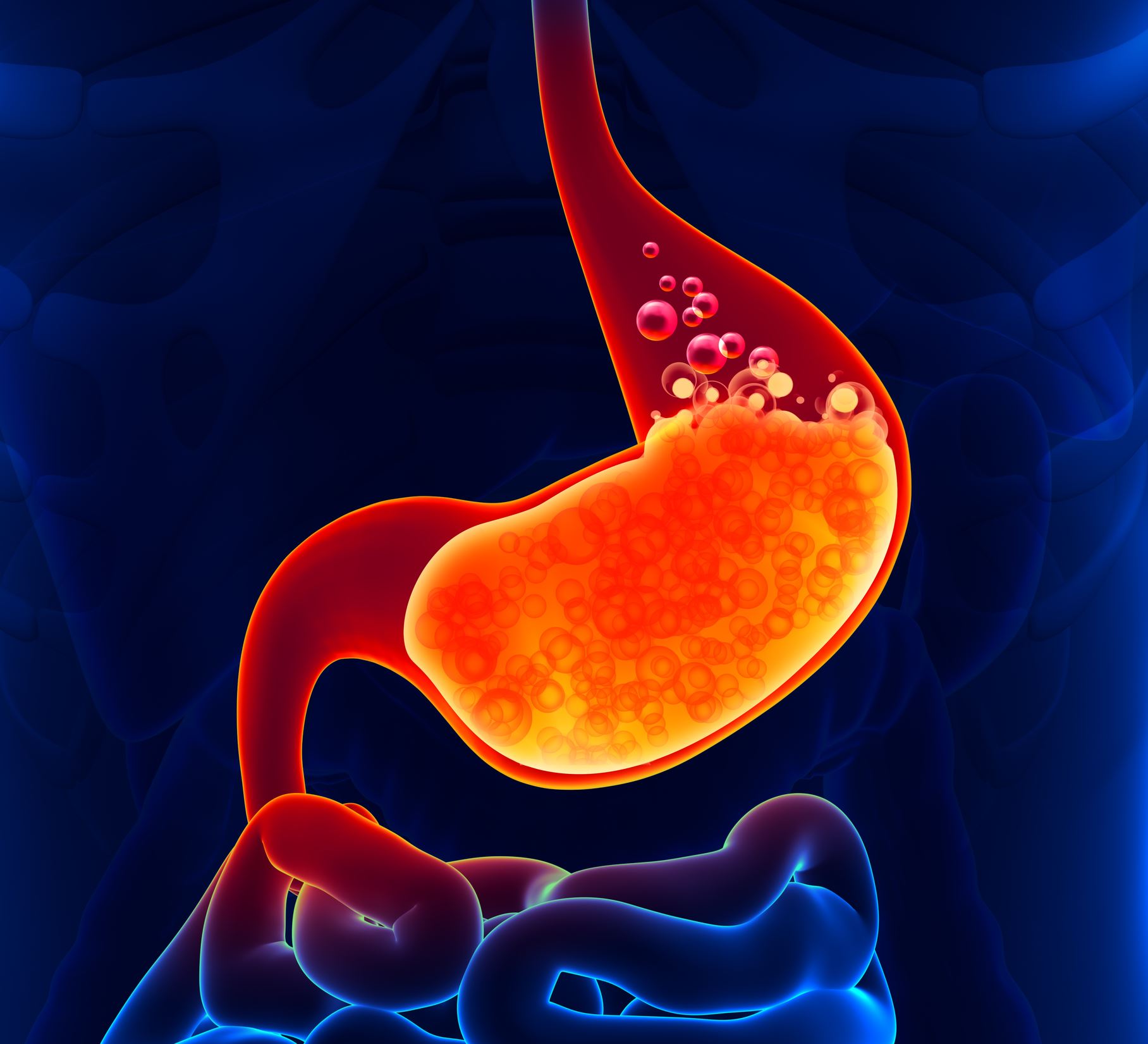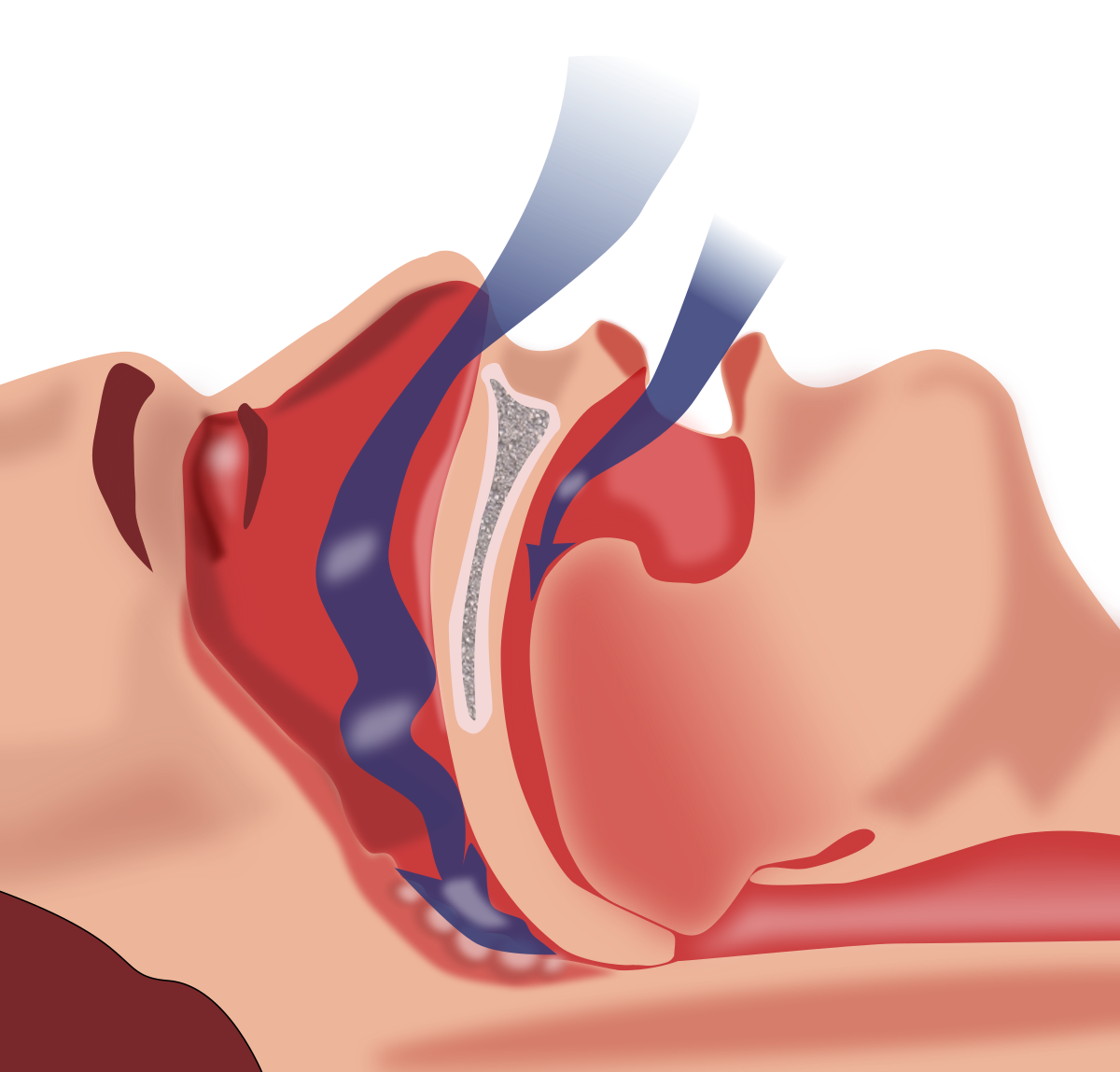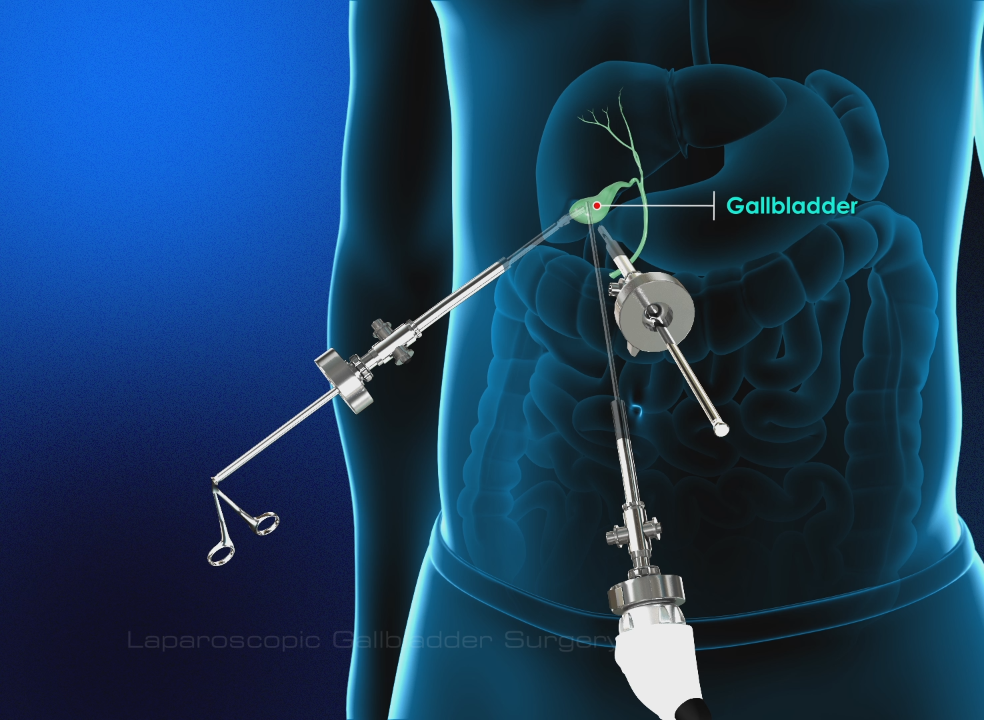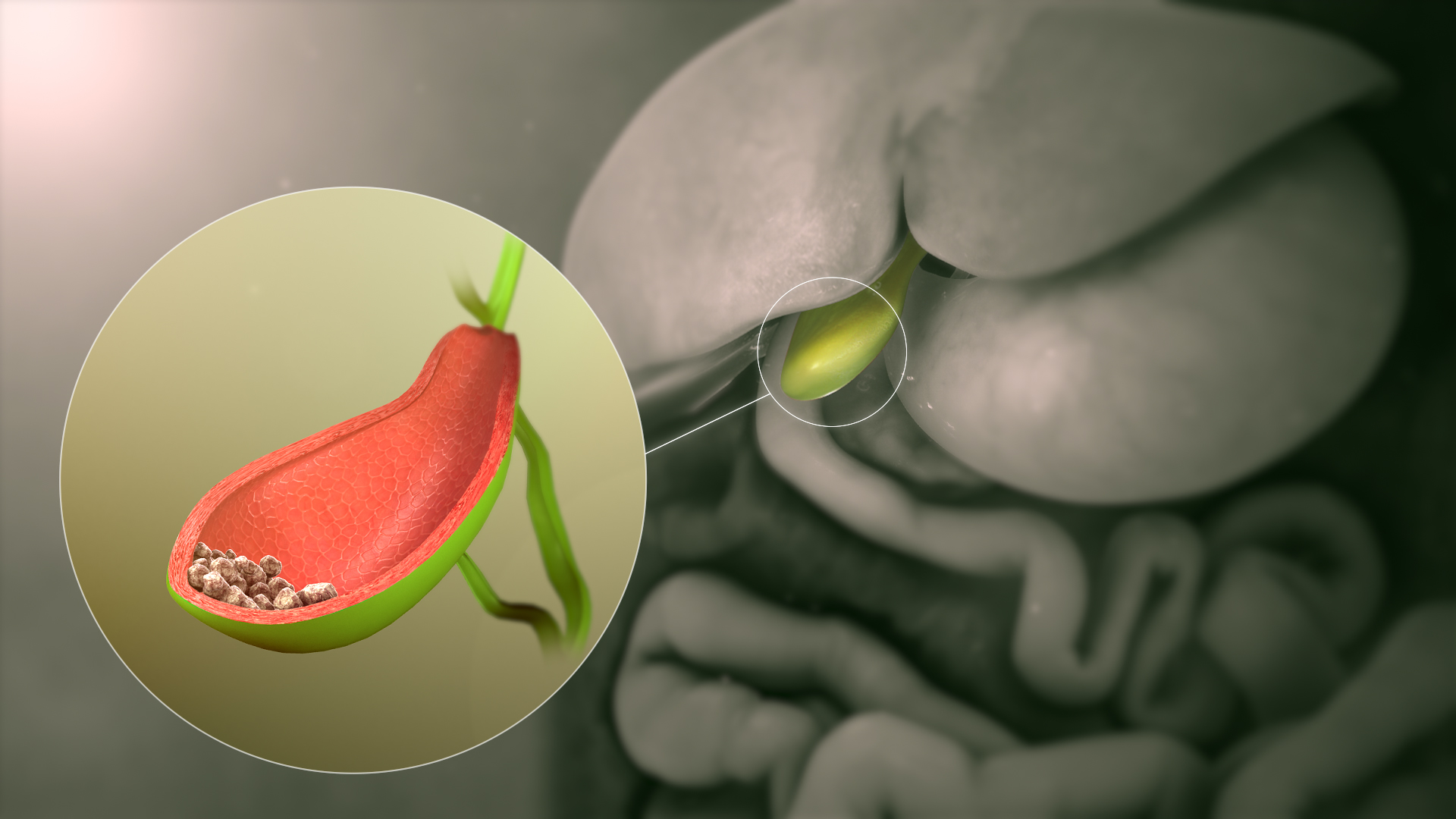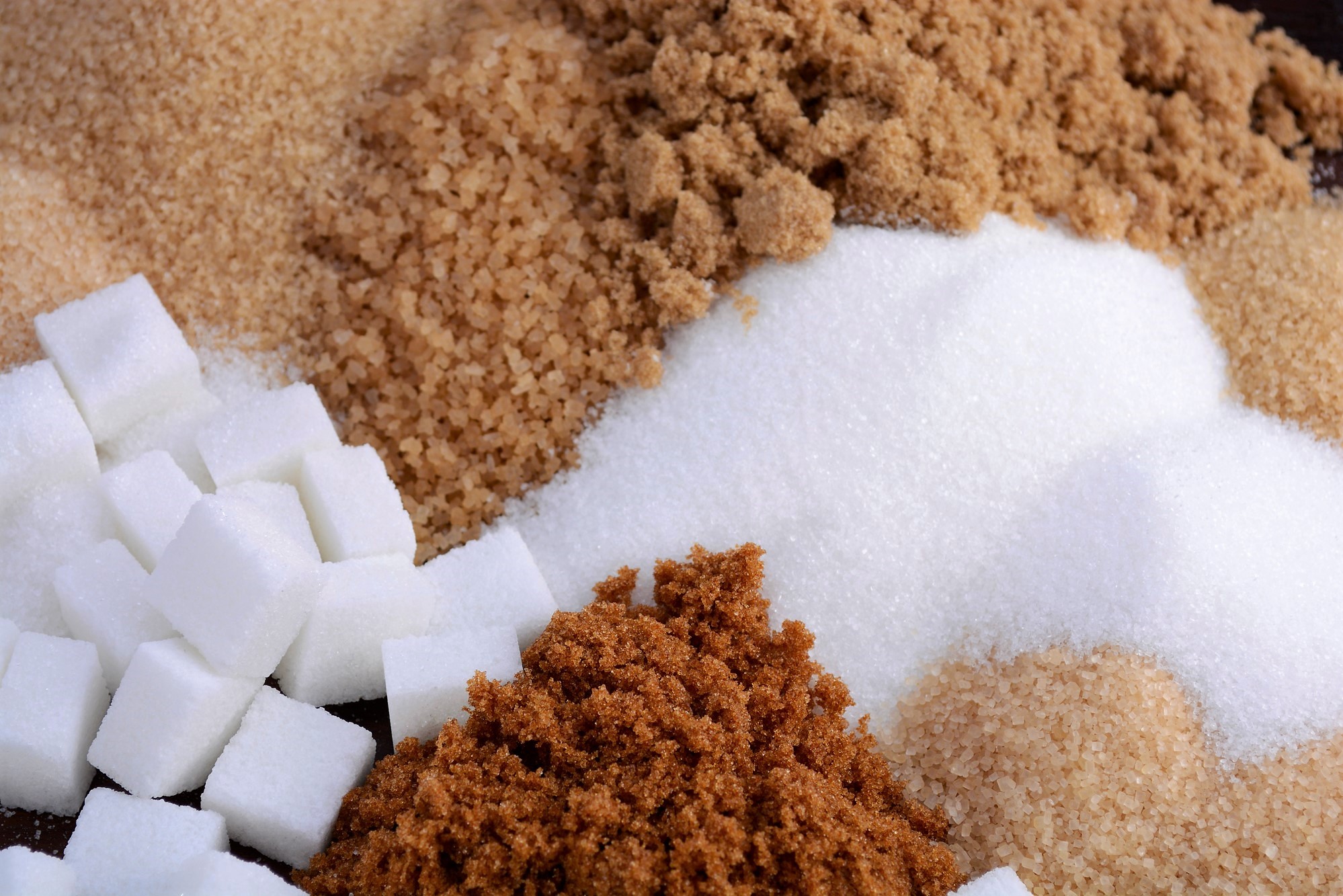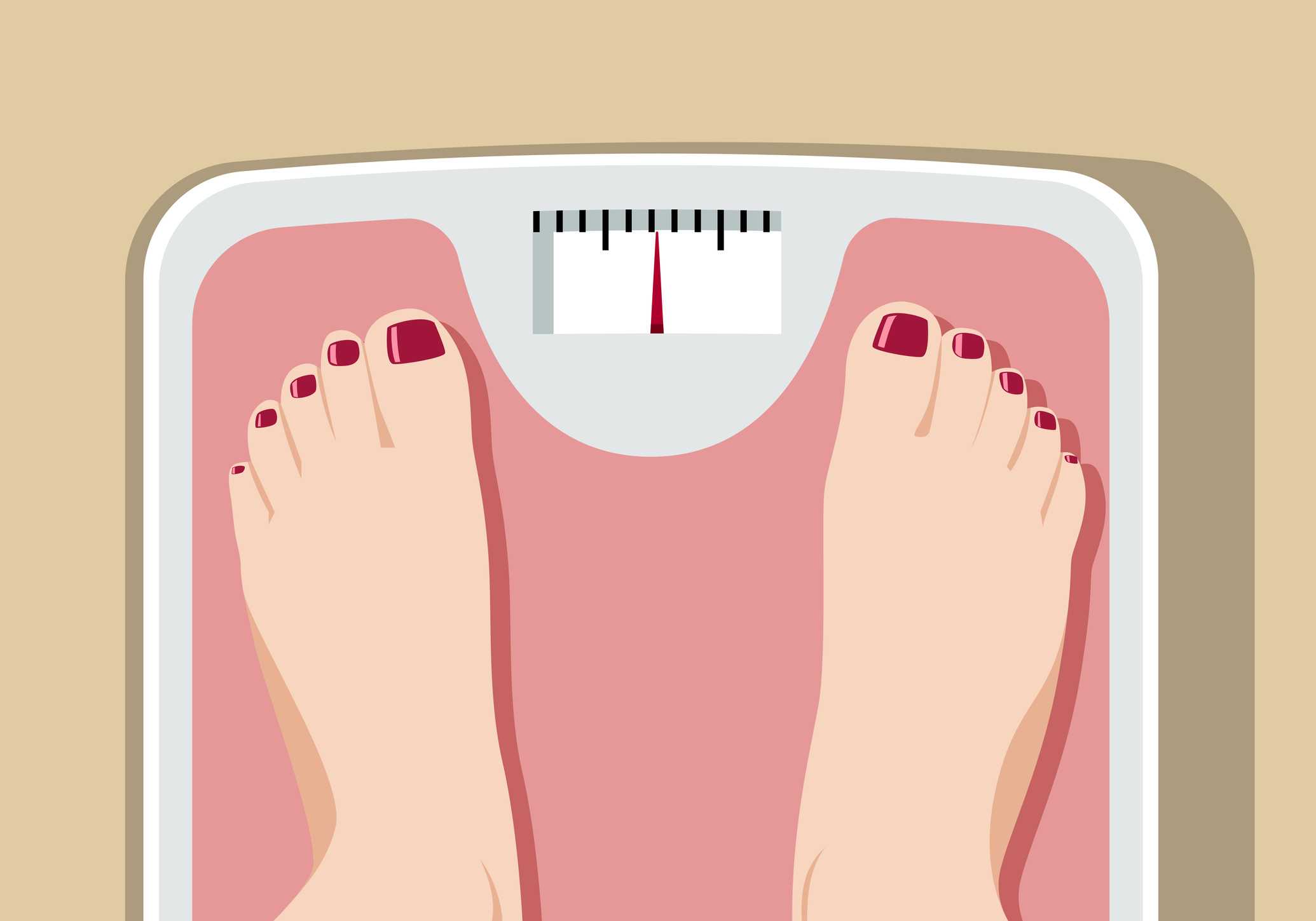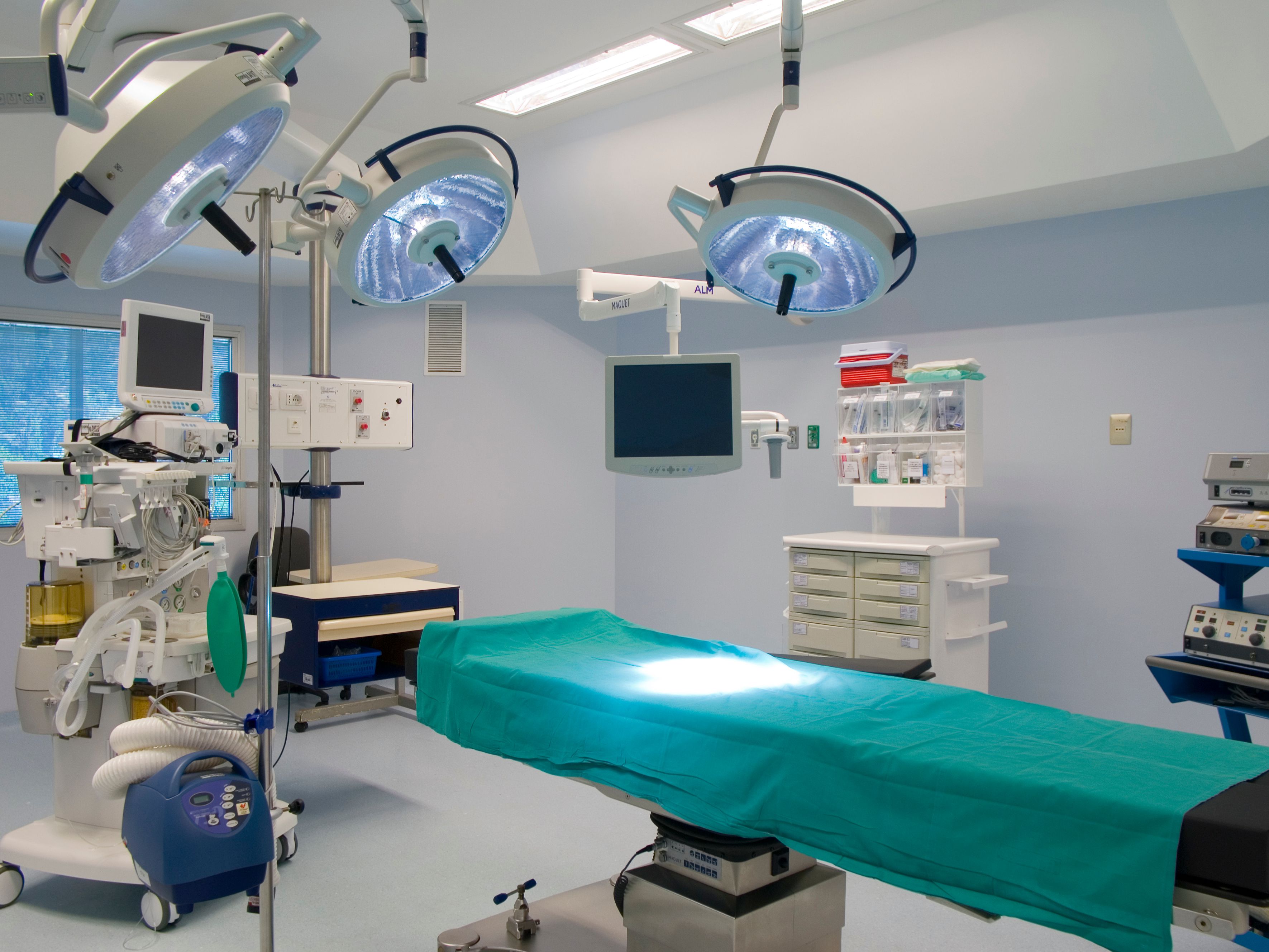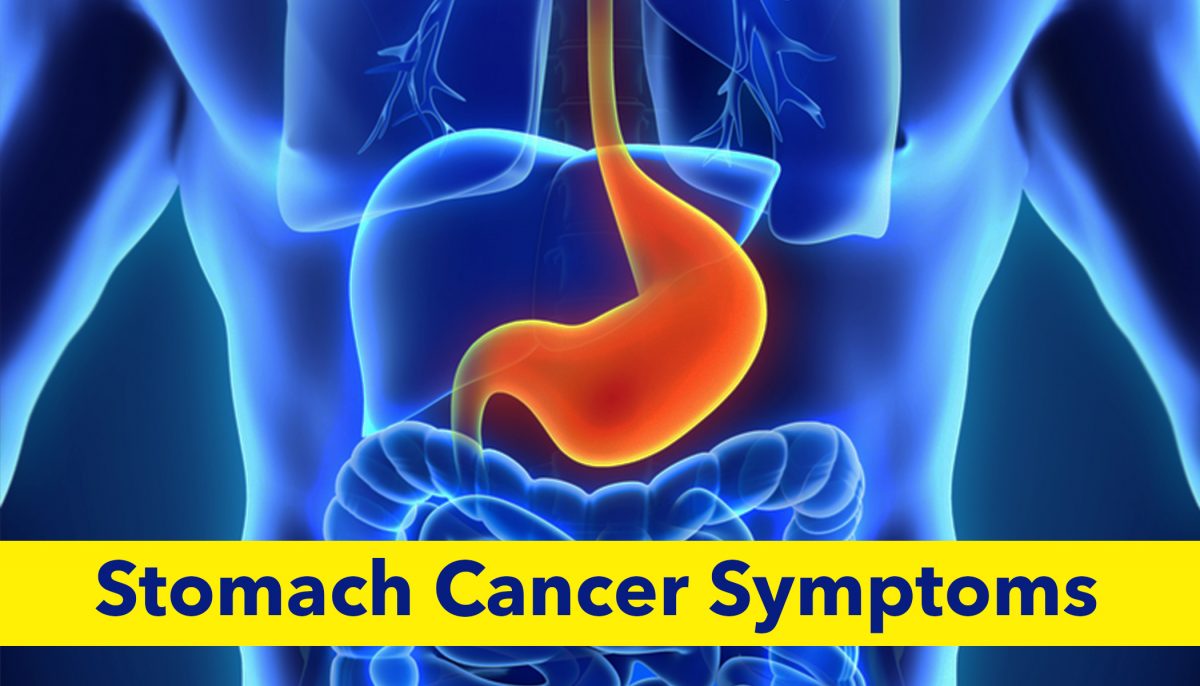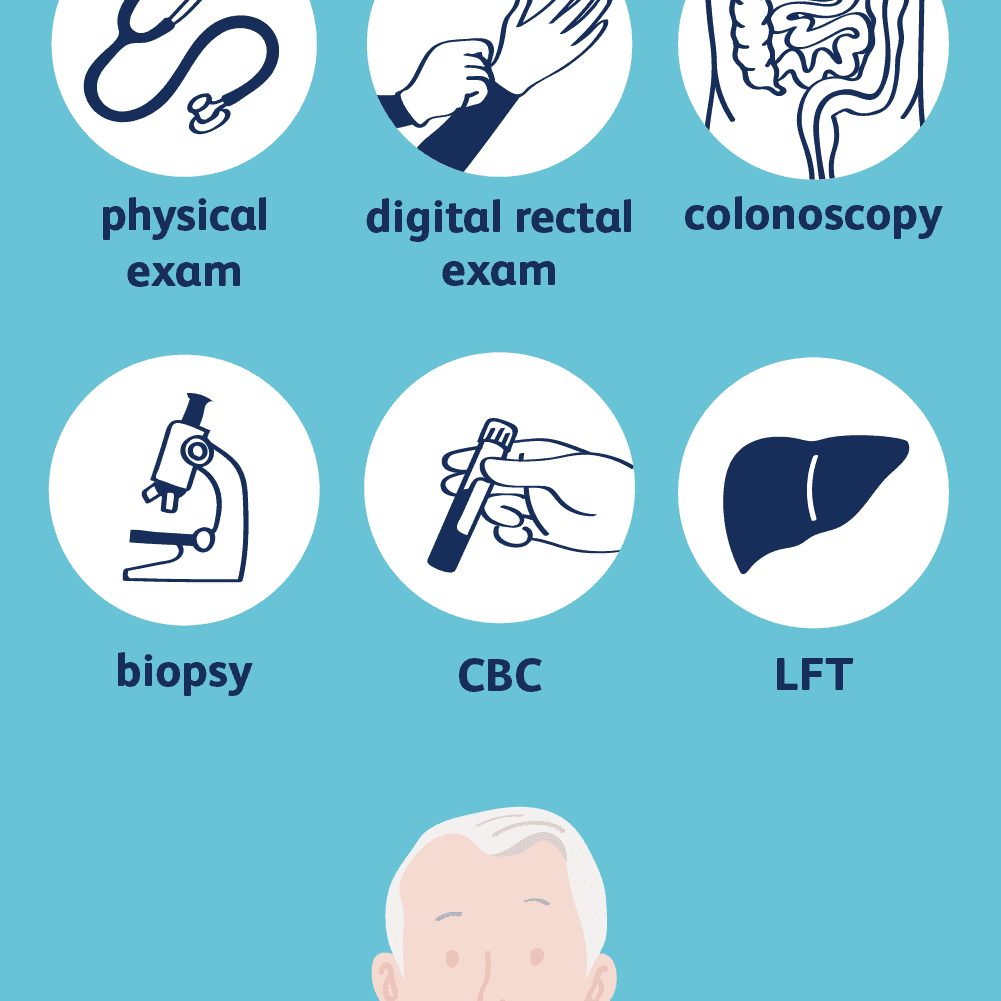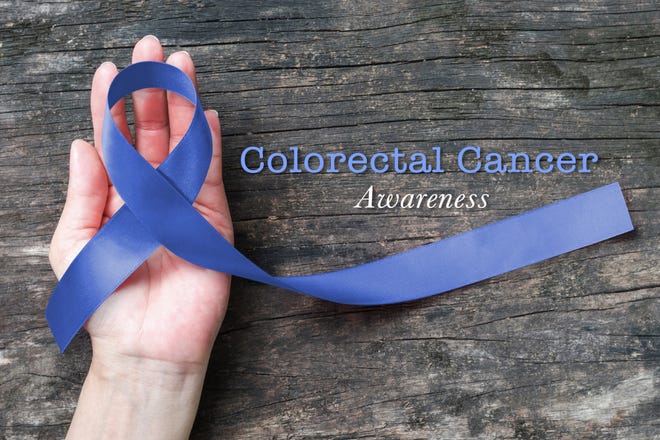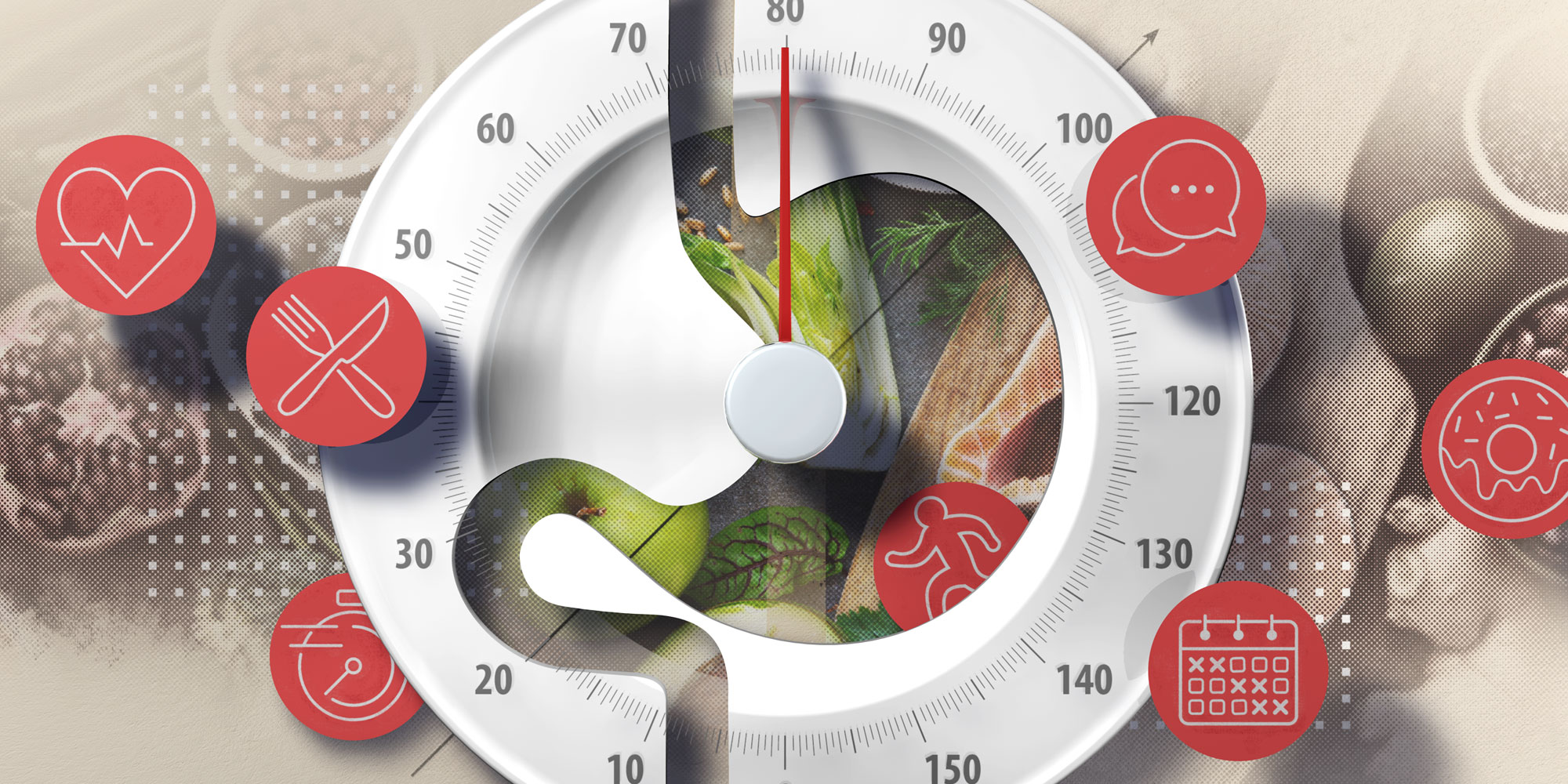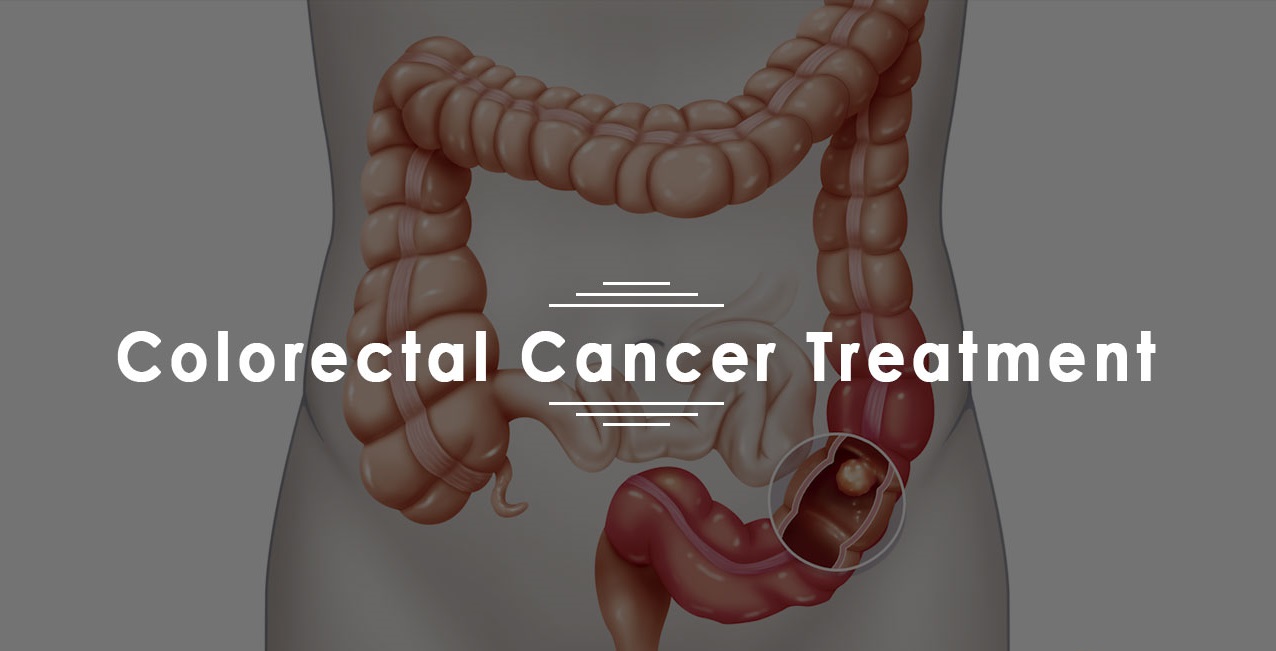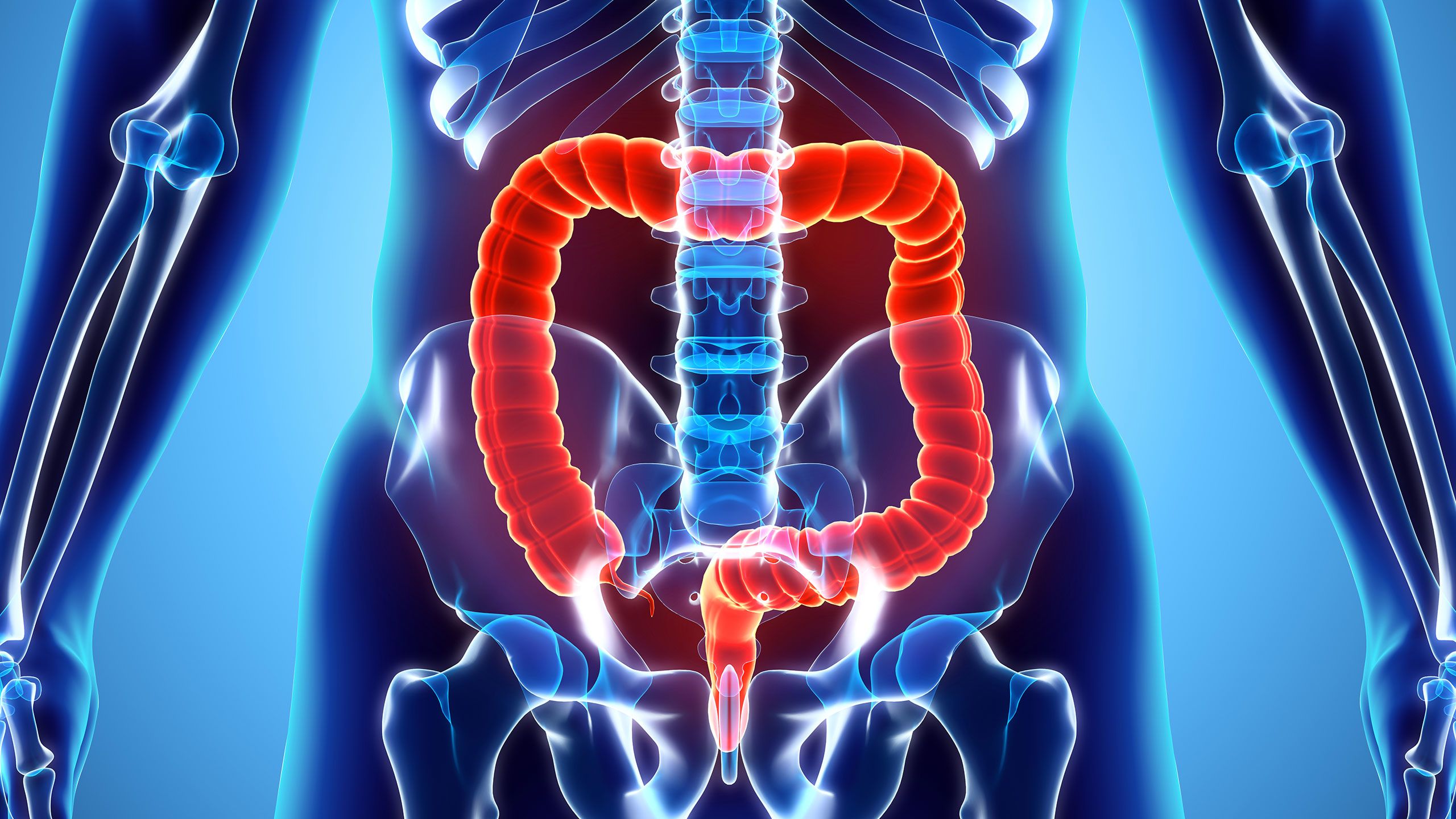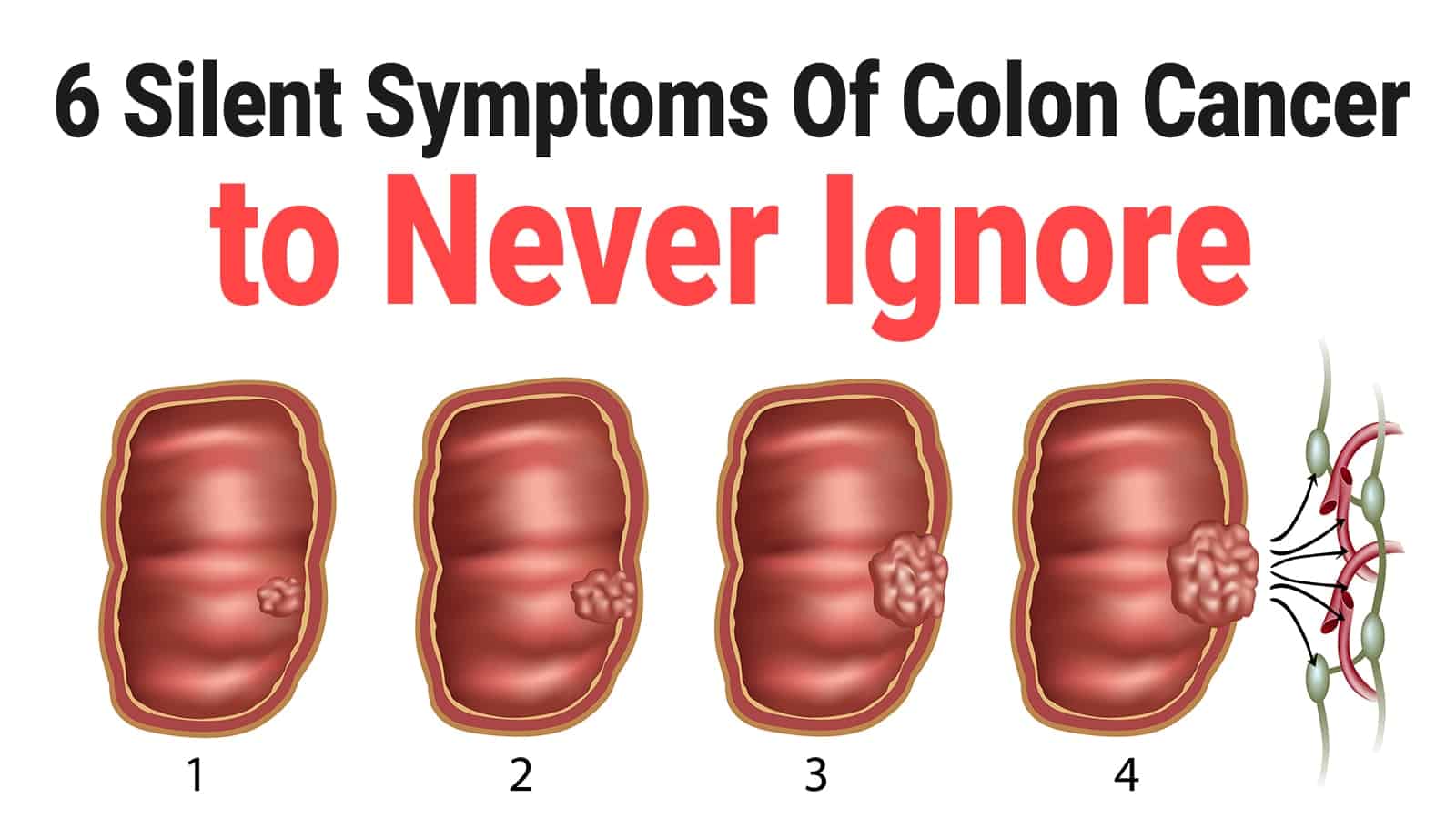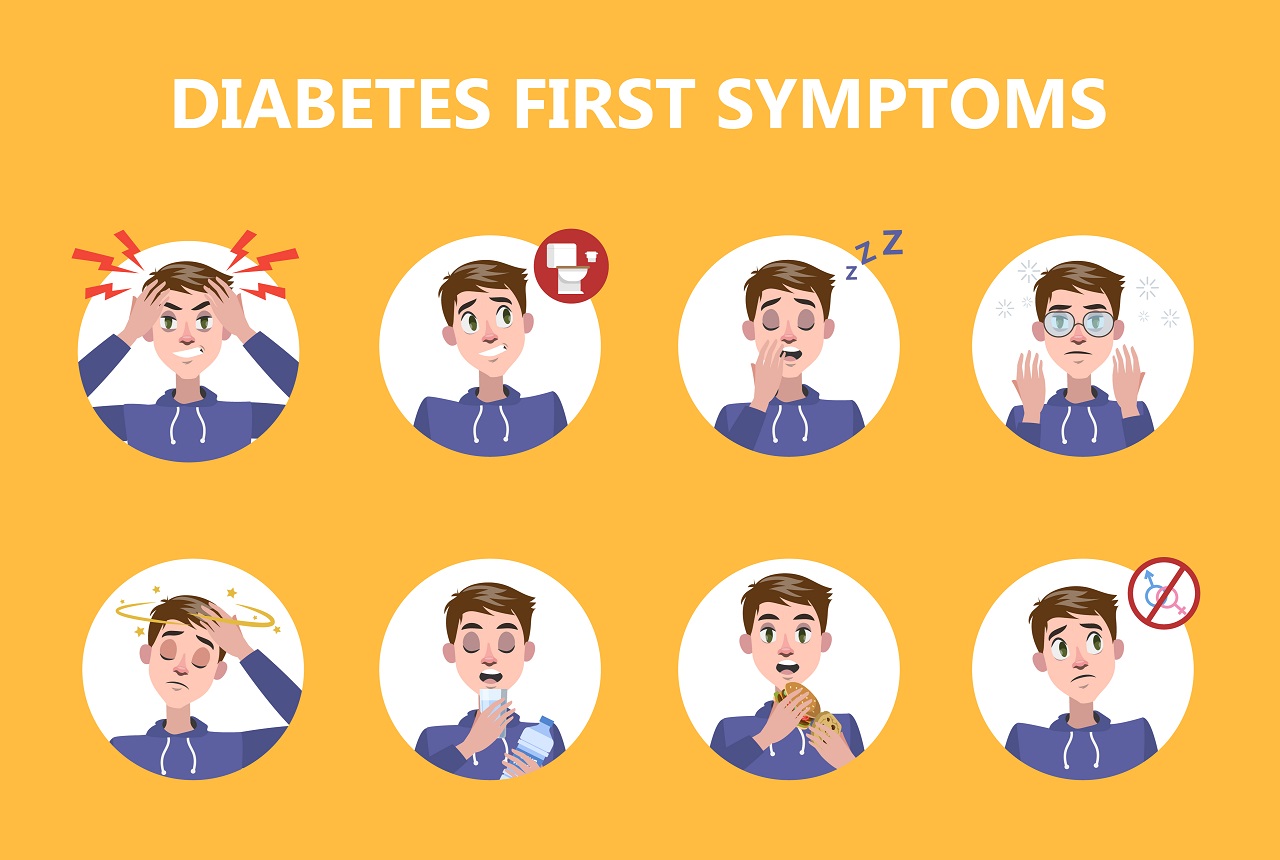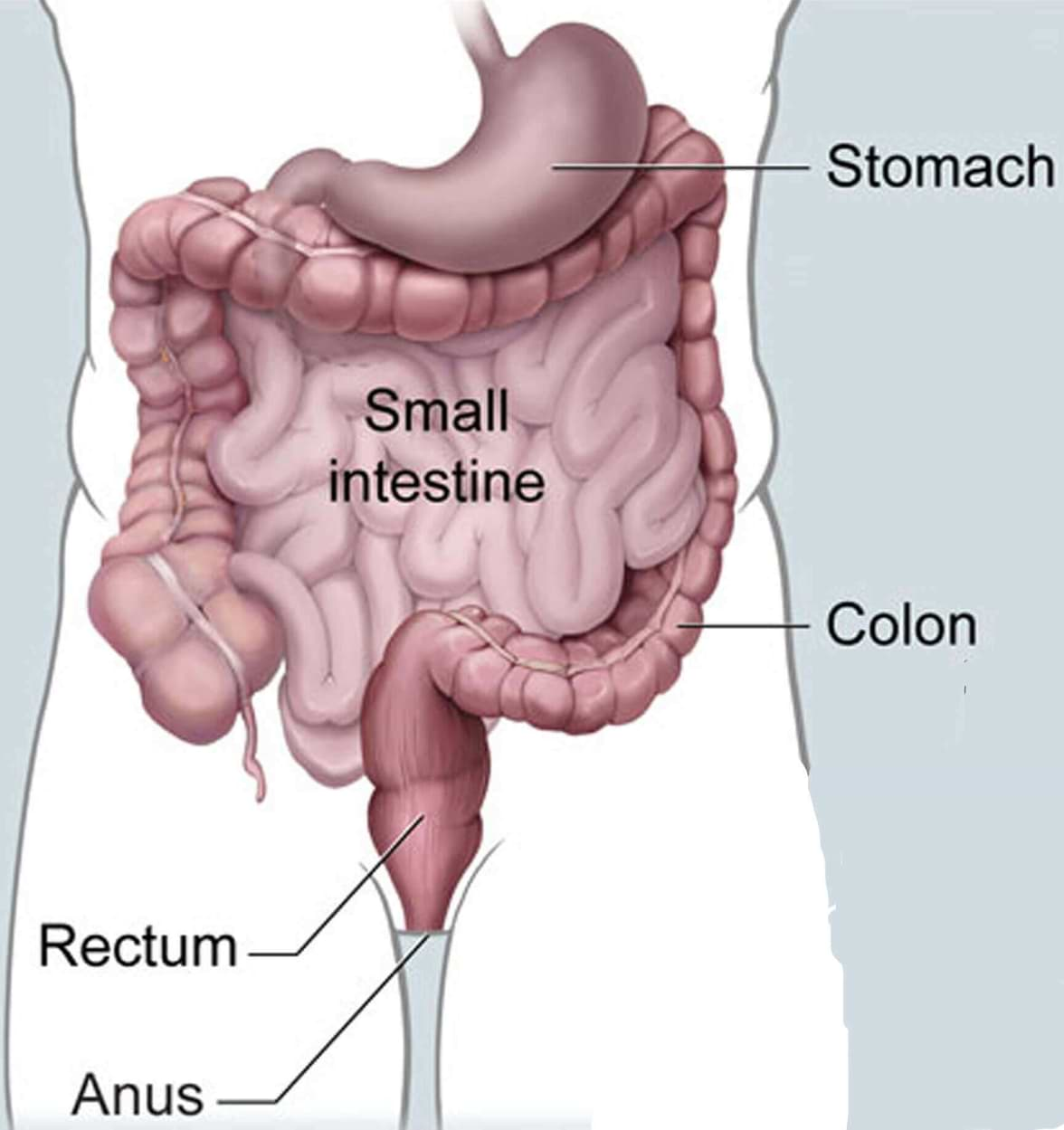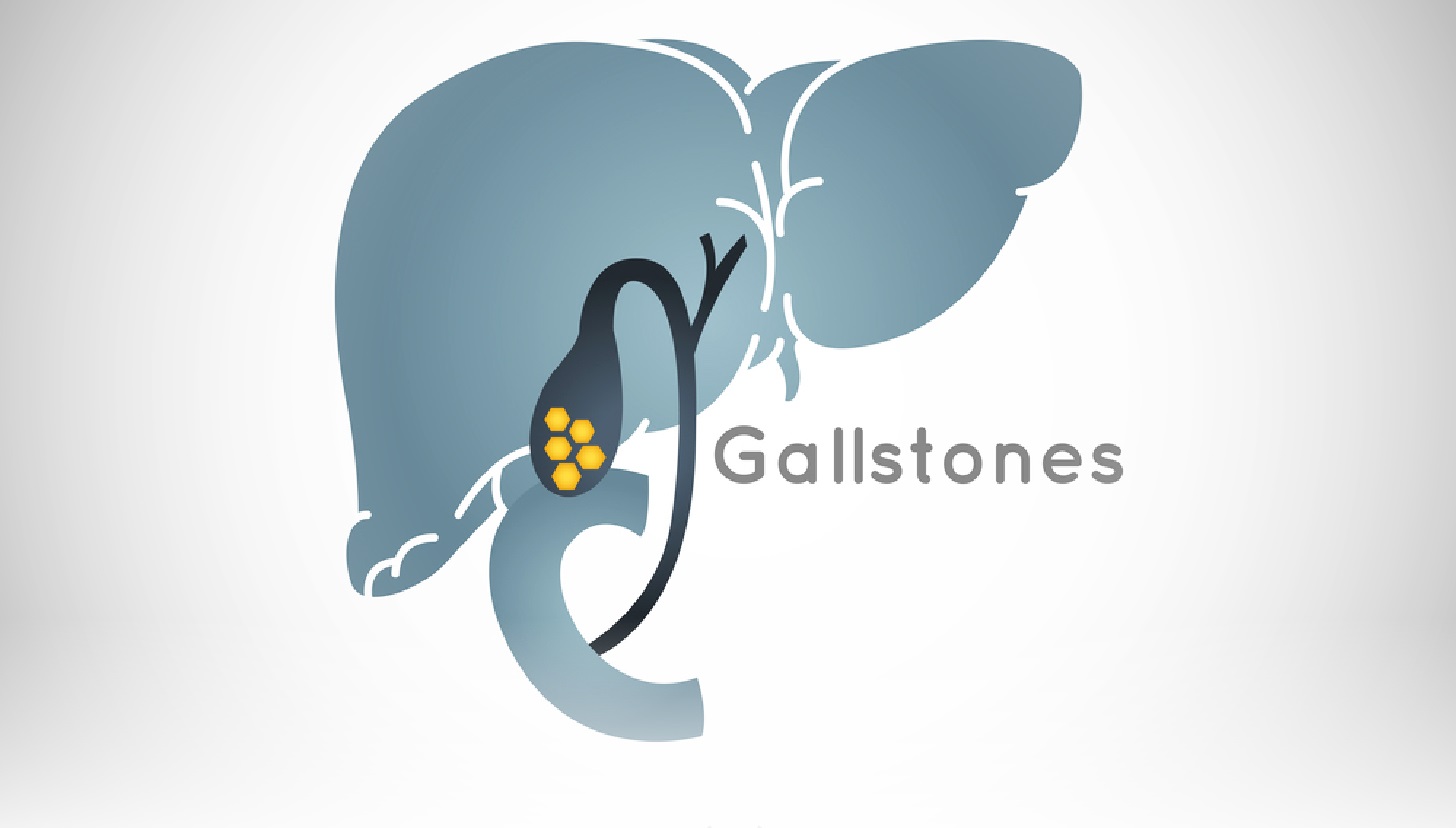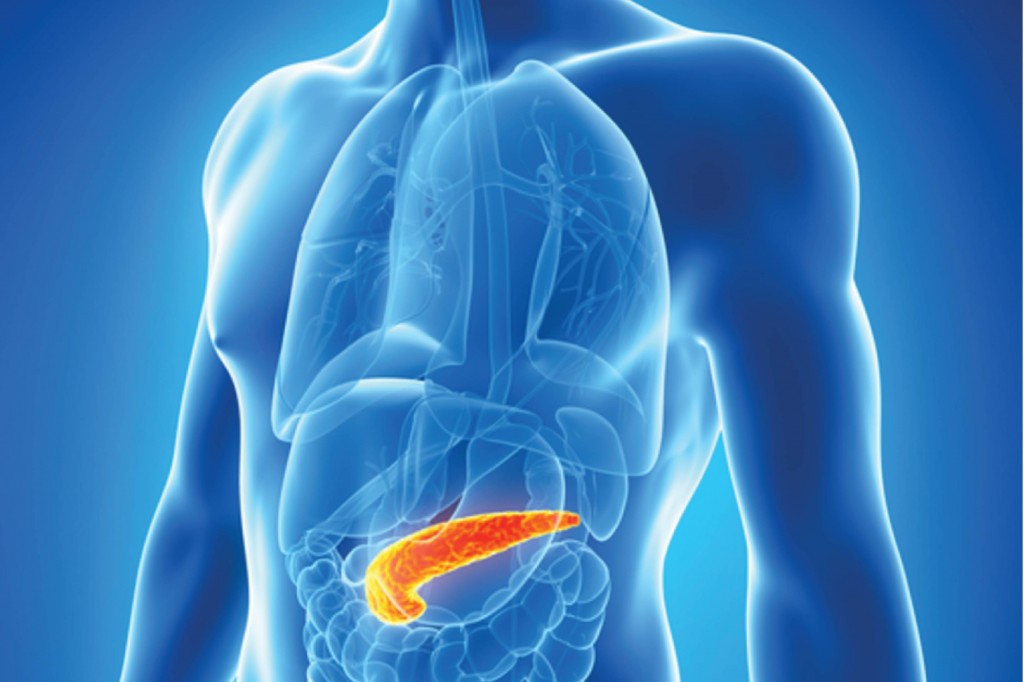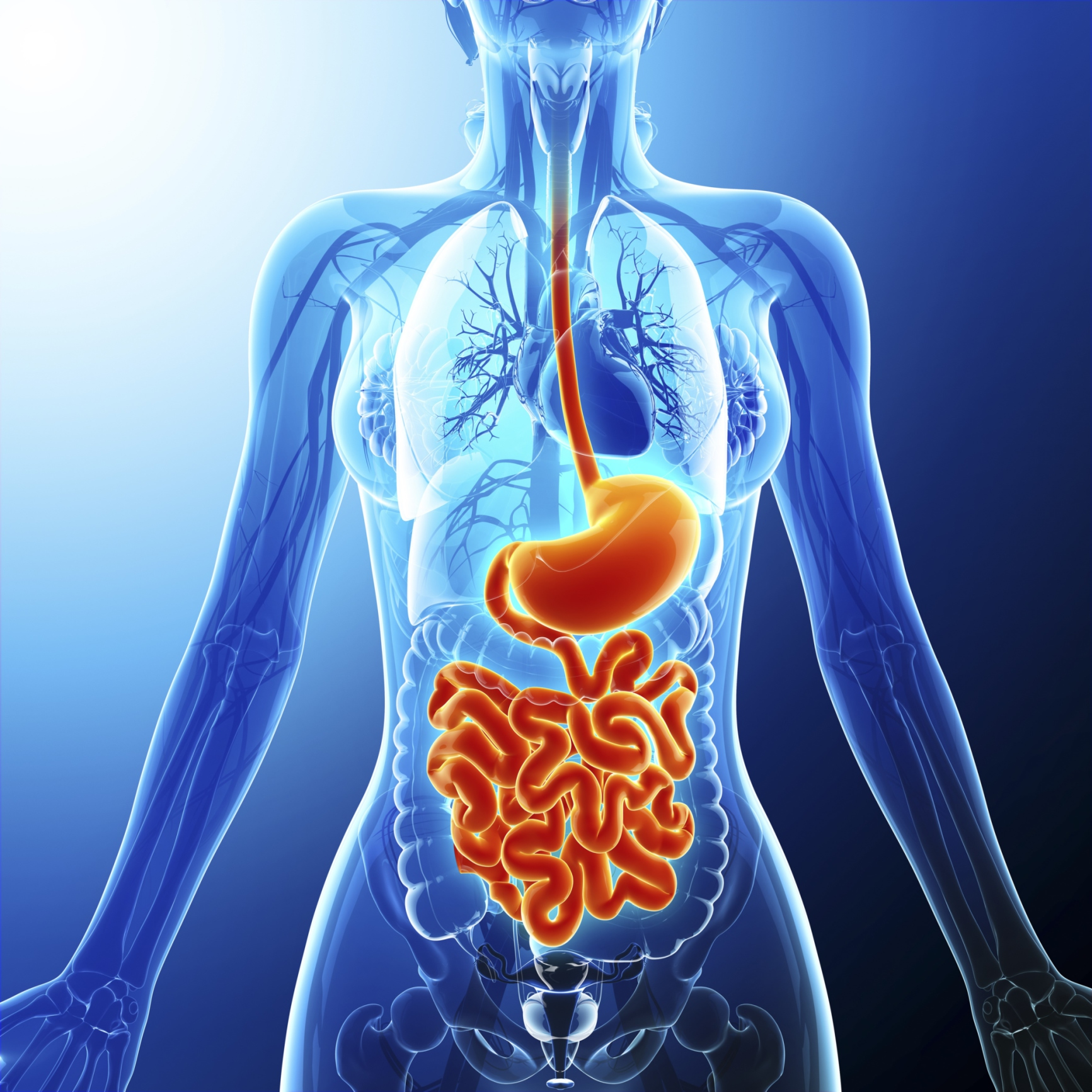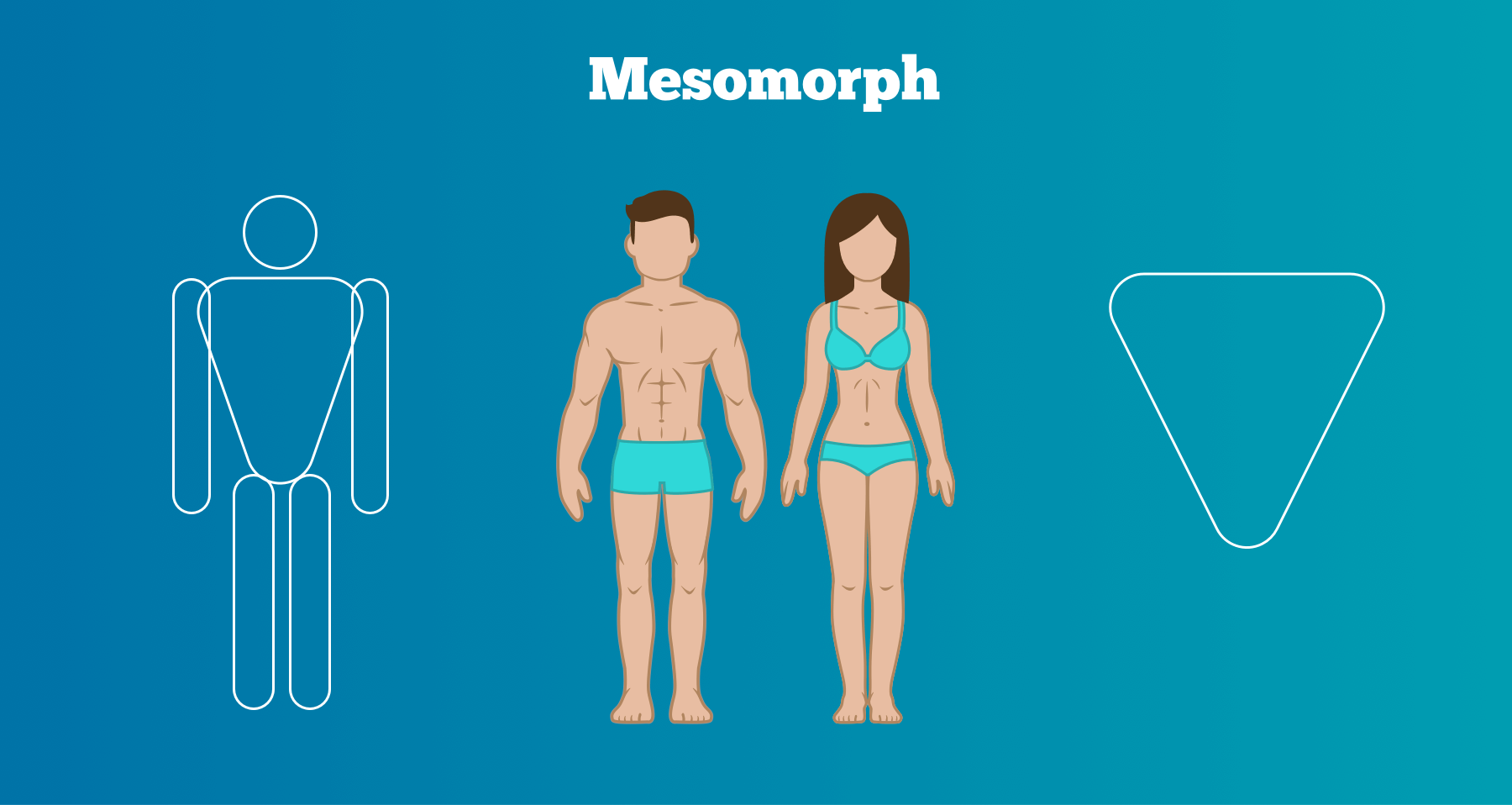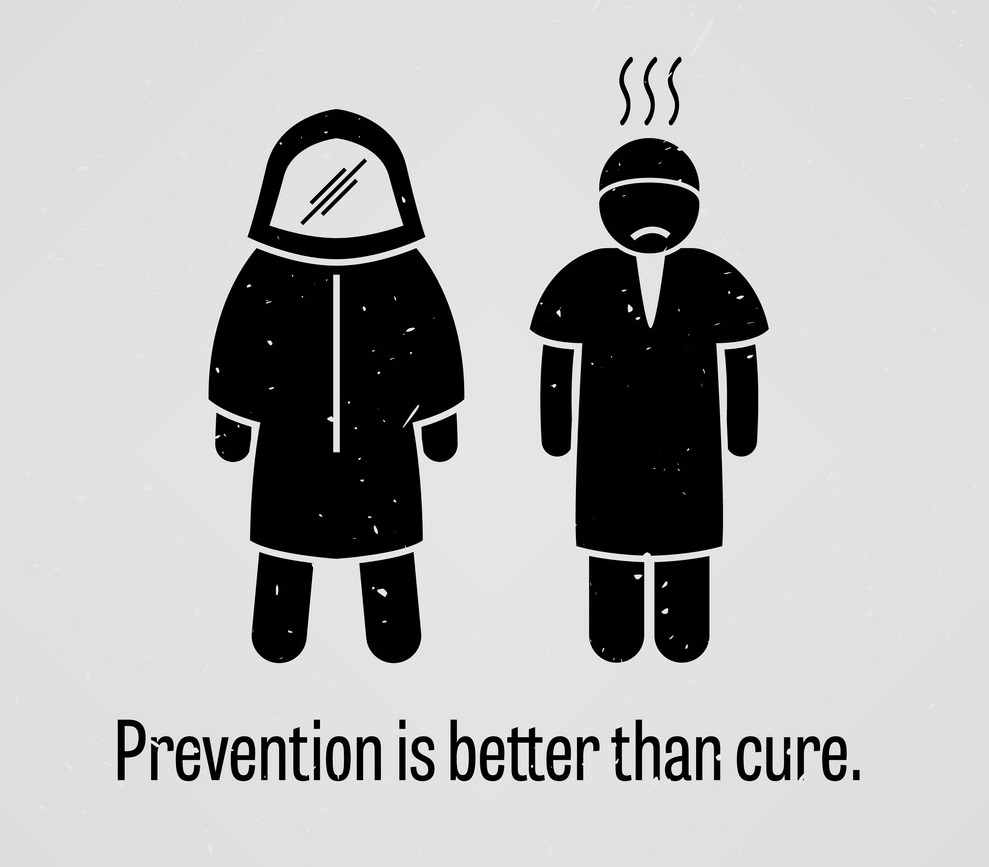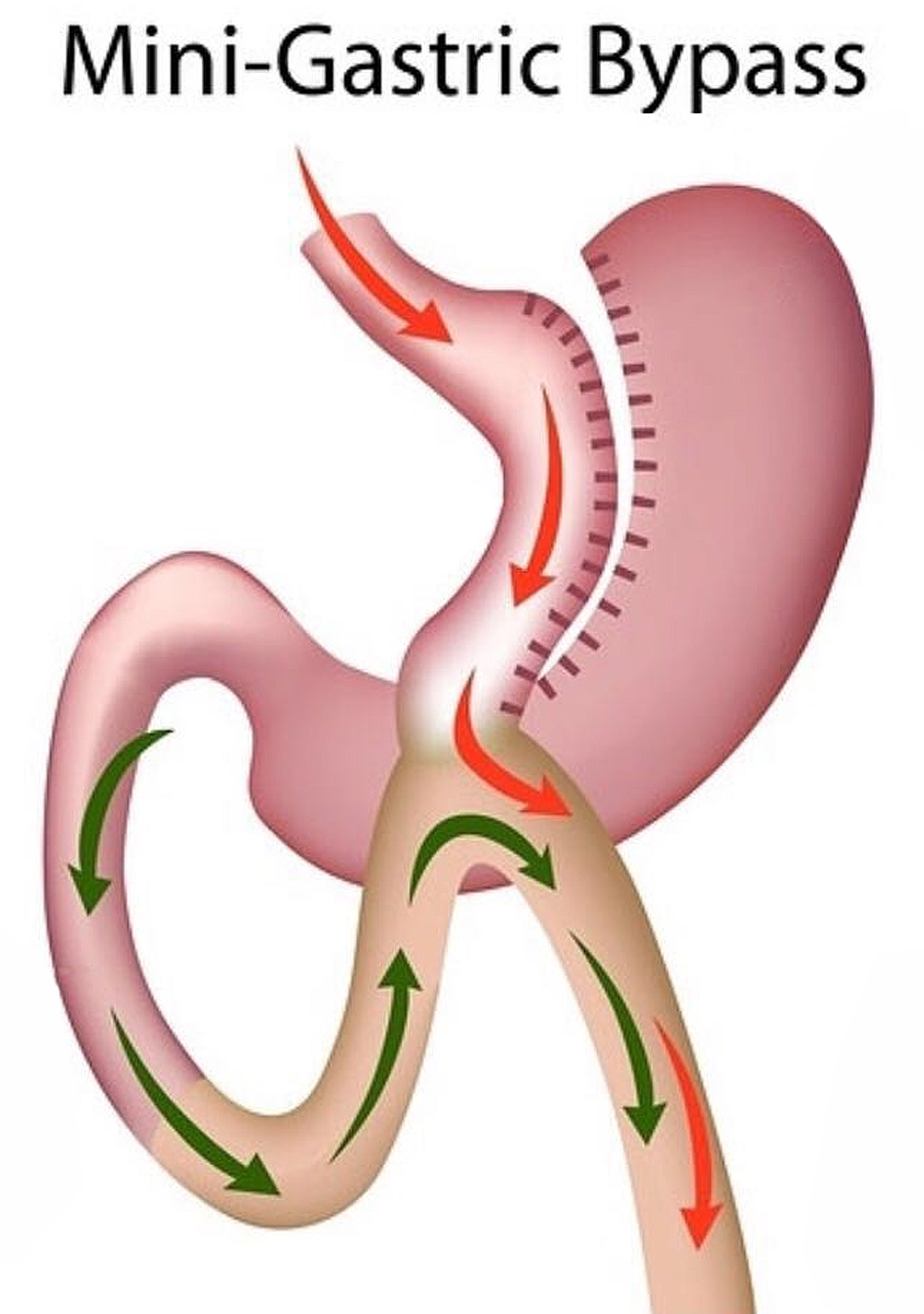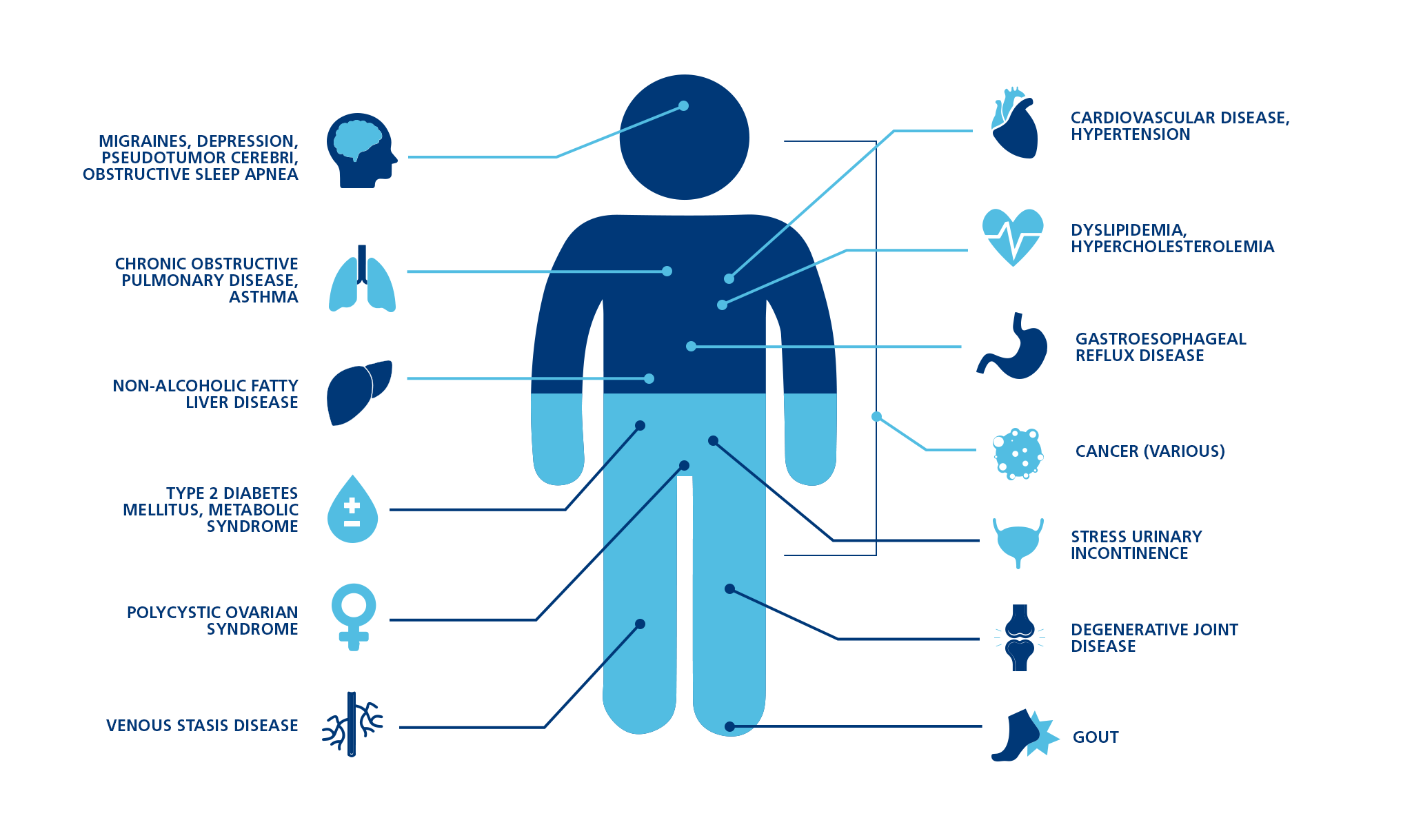Reflux/ GERD
Long term complications of untreated reflux (GERD)
Gastroesophageal reflux disease, or GERD, causes both short-term symptoms and long-term effects. Taking steps to manage GERD can reduce the risk of long-term complications, as well as providing short-term relief from symptoms.
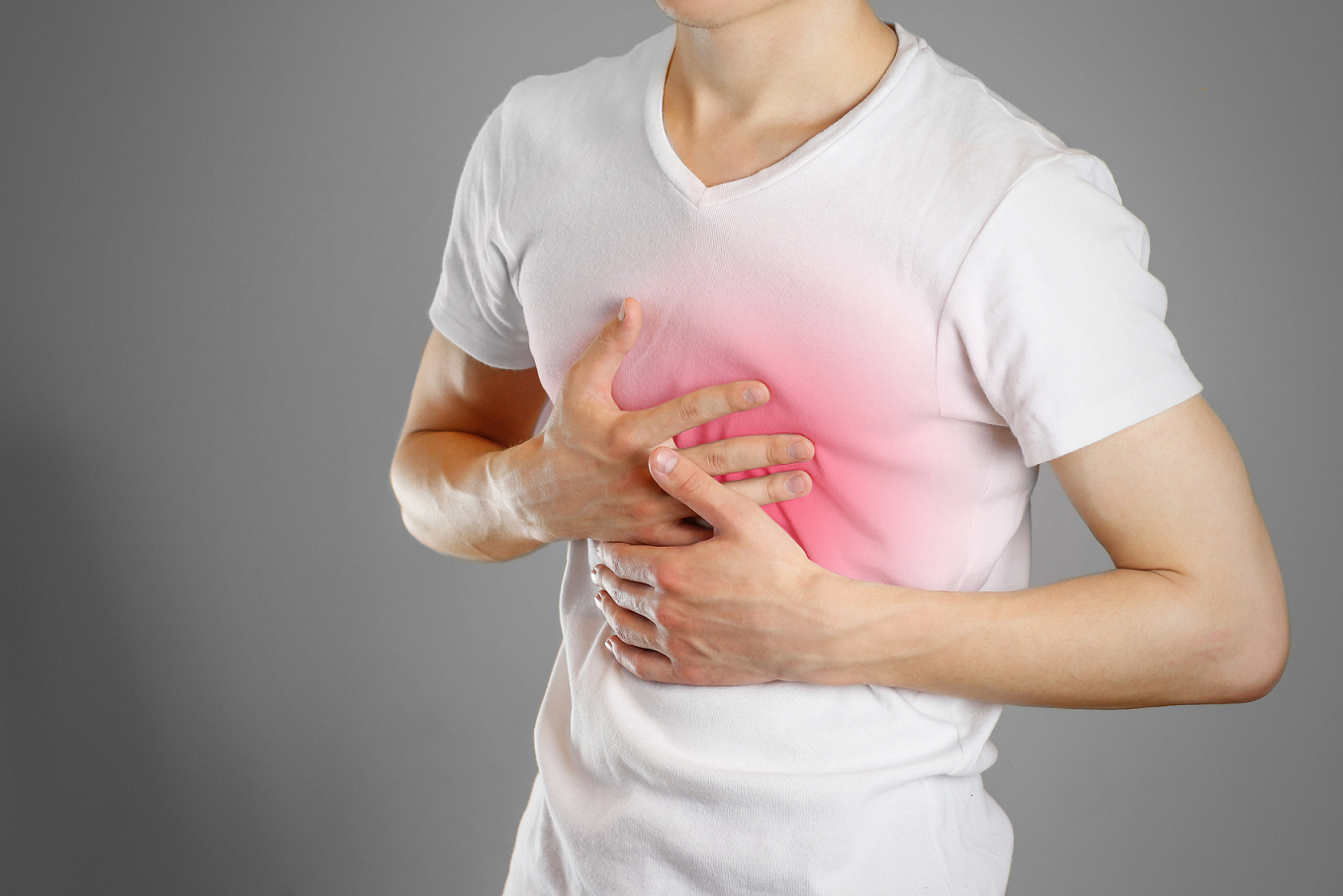
Overview
Sometimes after a hearty meal, you feel a burning sensation in your chest area (Heartburn). But you can keep heartburn in check with the right treatment, like a medicine or lifestyle change.
If you brush off the symptoms, though, this common condition and its more serious form, GERD, can lead to other health issues. That’s because heartburn happens when your stomach juices wash back up. Over time, stomach acid may damage your esophagus, teeth, and more.
What is GERD? How to identify it early?
Gastroesophageal reflux disease (GERD) is a chronic digestive disease that occurs when stomach acid or, occasionally, bile flows back (refluxes) into your food pipe (esophagus). The backwash of acid irritates the lining of your esophagus and causes GERD signs and symptoms.
In normal digestion, once we eat, food travels from mouth to stomach through a tube called the esophagus. At the lower end of the esophagus is a small ring of muscle called the lower esophageal sphincter (LES). The LES acts like a one-way valve, allowing food to pass through into the stomach. Normally, the LES closes immediately after swallowing to prevent back-up of stomach juices, which have a high acid content, into the esophagus.
GERD occurs when the LES does not function properly allowing acid to flow back and burn the lower esophagus. This irritates and inflames the esophagus, causing heartburn and eventually may damage the esophagus.
The tell-tale sign of GERD is acid reflux or heartburn. However, it is not serious until you experience the symptoms more than twice a week.
Other symptoms include:
- Nausea & Vomiting
- Difficulty swallowing
- Bad breath
- Chest pain
- Sore throat or hoarse voice
Can untreated GERD (chronic acid reflux) lead to long term concerns?
Untreated gastroesophageal reflux disease can lead to esophagitis – inflammation of the esophagus. Stomach acid is very irritating to the lining of the esophagus and can cause long-term damage. Over time, you could develop a painful ulcer.
Bleeding of the esophagus is a common long-term complication of GERD. Over a long period of time, the continuous loss of blood can lead to anemia. Stools that are very dark in color can be a warning sign of internal bleeding.
A serious, although relatively rare, complication of esophagitis is that scar tissue – known as strictures – can narrow the esophagus, making it difficult to swallow. Strictures may need to be treated by inserting an endoscope into the esophagus and inflating a balloon to dilate the passage so that food can pass through.
Barrett’s esophagus is a serious potential consequence of gastroesophageal reflux disease. In this condition, the cells in the esophageal lining change to become more like cells in the intestines. Barrett’s esophagus can develop into esophageal cancer, which can be fatal.
Treatment options for GERD
There are a range of treatments for acid reflux caused by GERD. Your doctor may suggest a combination of lifestyle changes and medication.
Common medications used to treat acid reflux include:
- Antacids
- H2 blockers
- Proton pump inhibitors
- Prokinetics
If these treatments don’t help, your doctor might recommend surgery.
There are a few different types of procedures used to control GERD. Most are focused on improving the function of the sphincter that keeps stomach acid from rising up the esophagus.
Learn more about Different treatment options for GERD and its symptoms here.
Reference
- https://www.ncbi.nlm.nih.gov/pmc/articles/PMC6140167/
- https://www.health.harvard.edu/digestive-health/when-does-long-term-acid-reflux-become-a-serious-issue
- https://my.clevelandclinic.org/health/diseases/17019-gerd-or-acid-reflux-or-heartburn-overview
- https://news.sanfordhealth.org/digestive-health/health-risks-of-untreated-acid-refluxgastroesophageal-reflux-disease/

